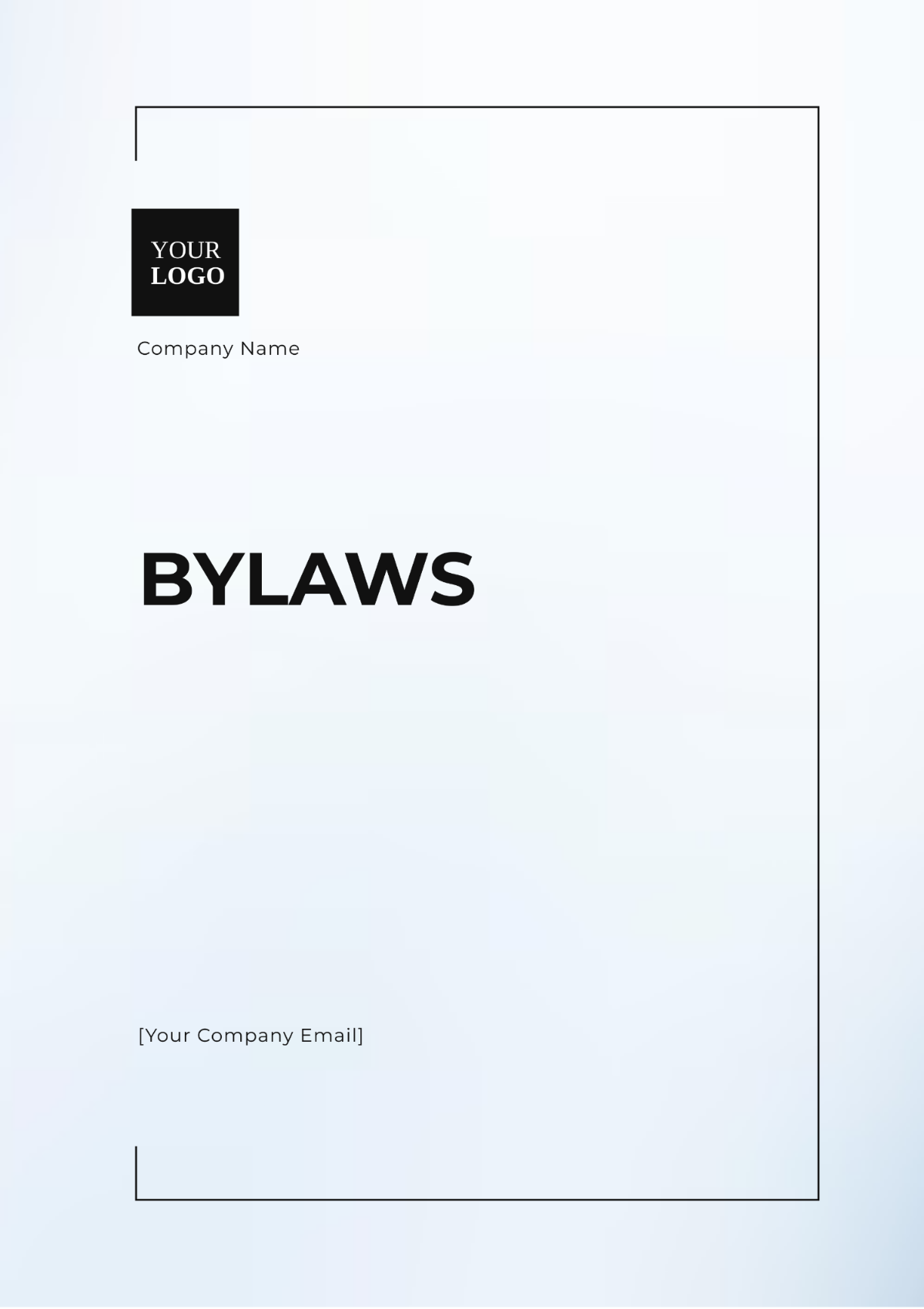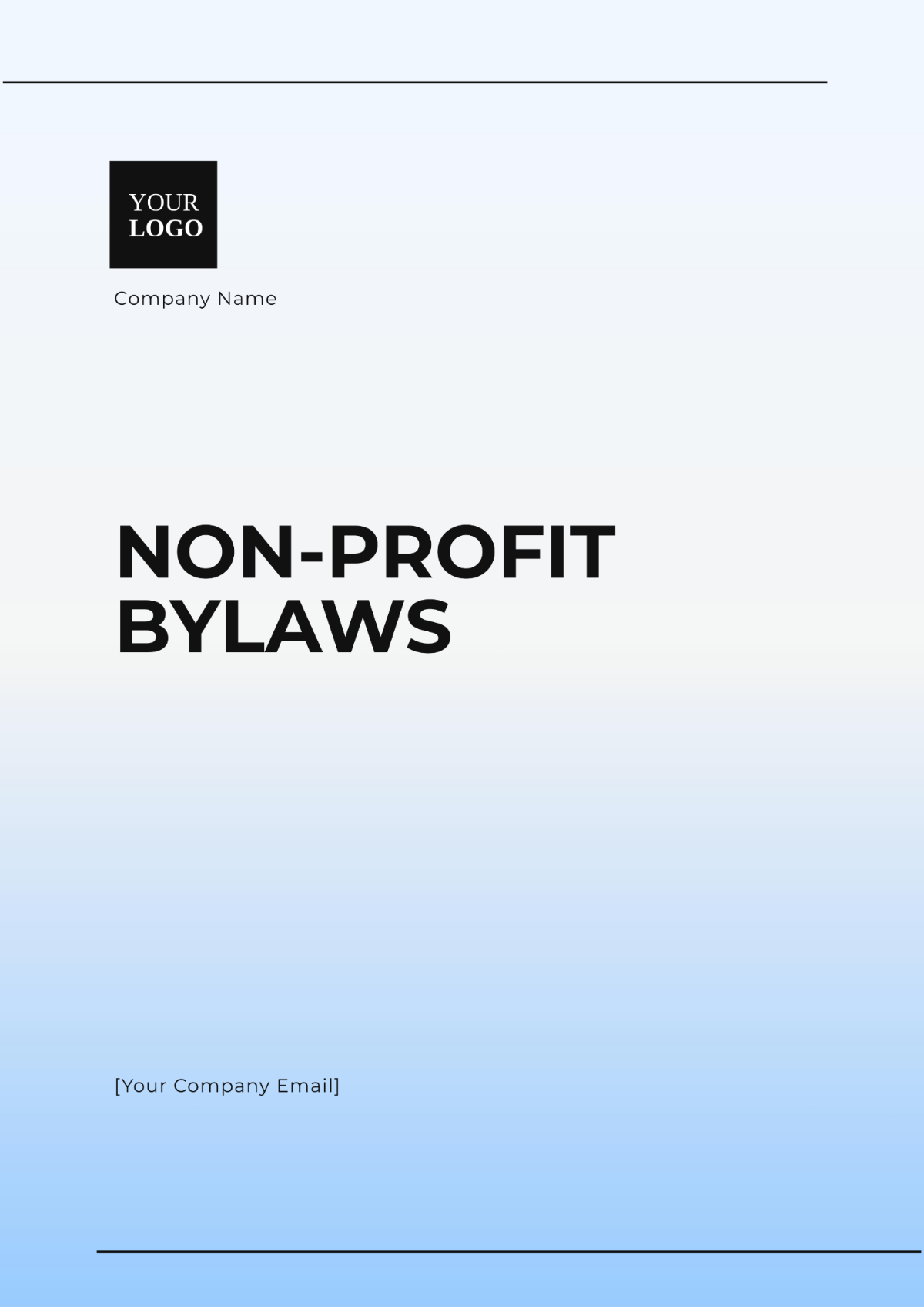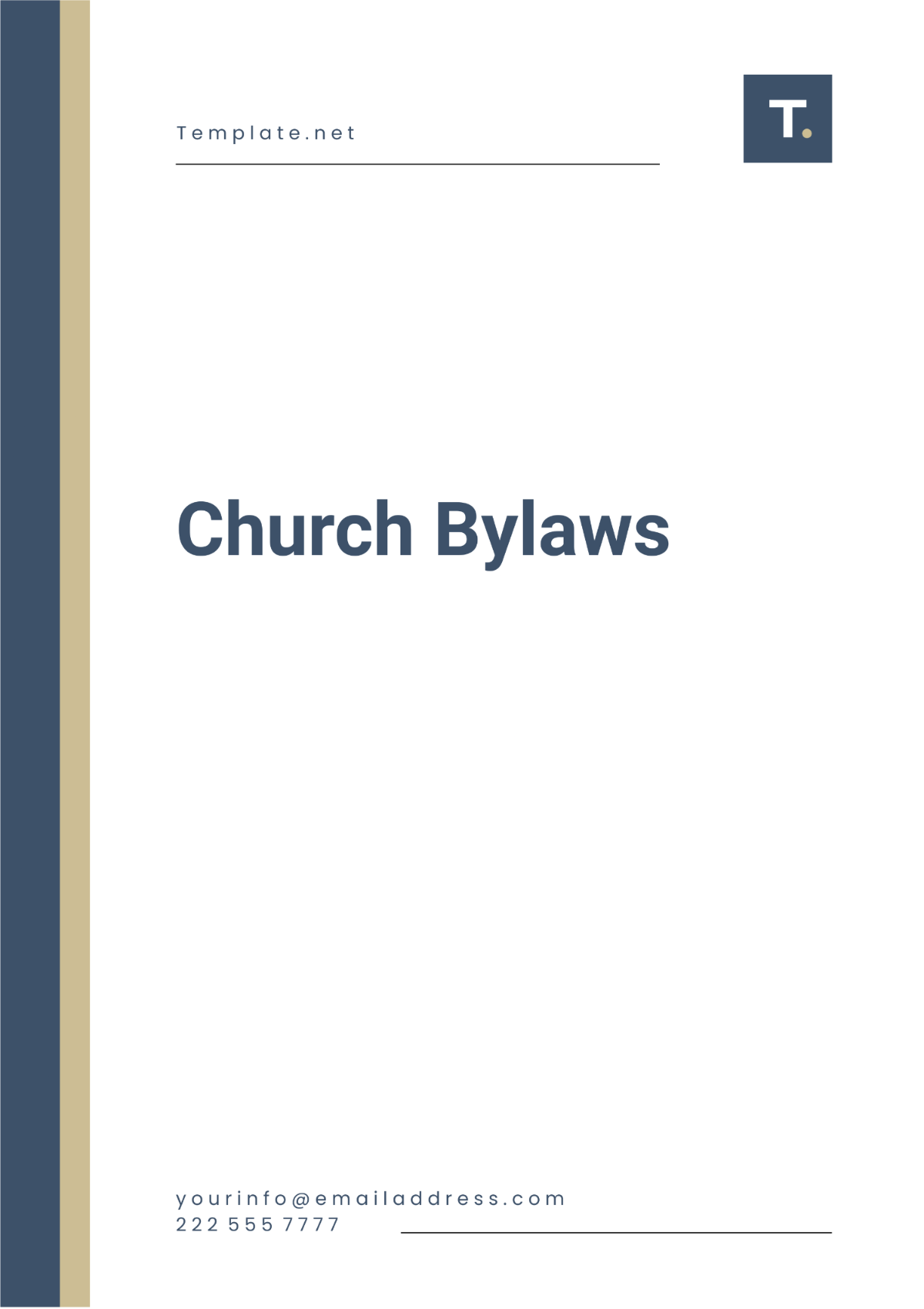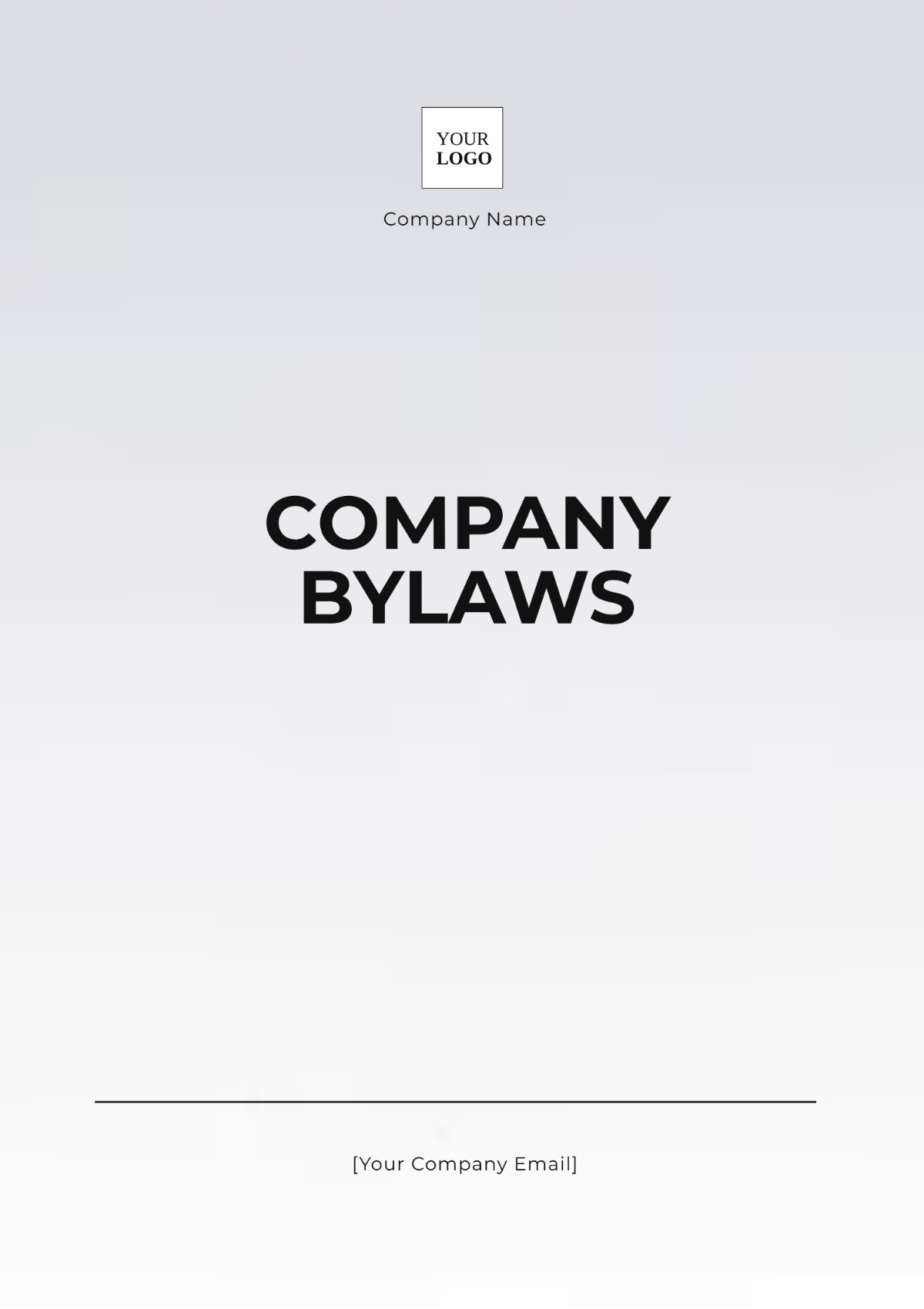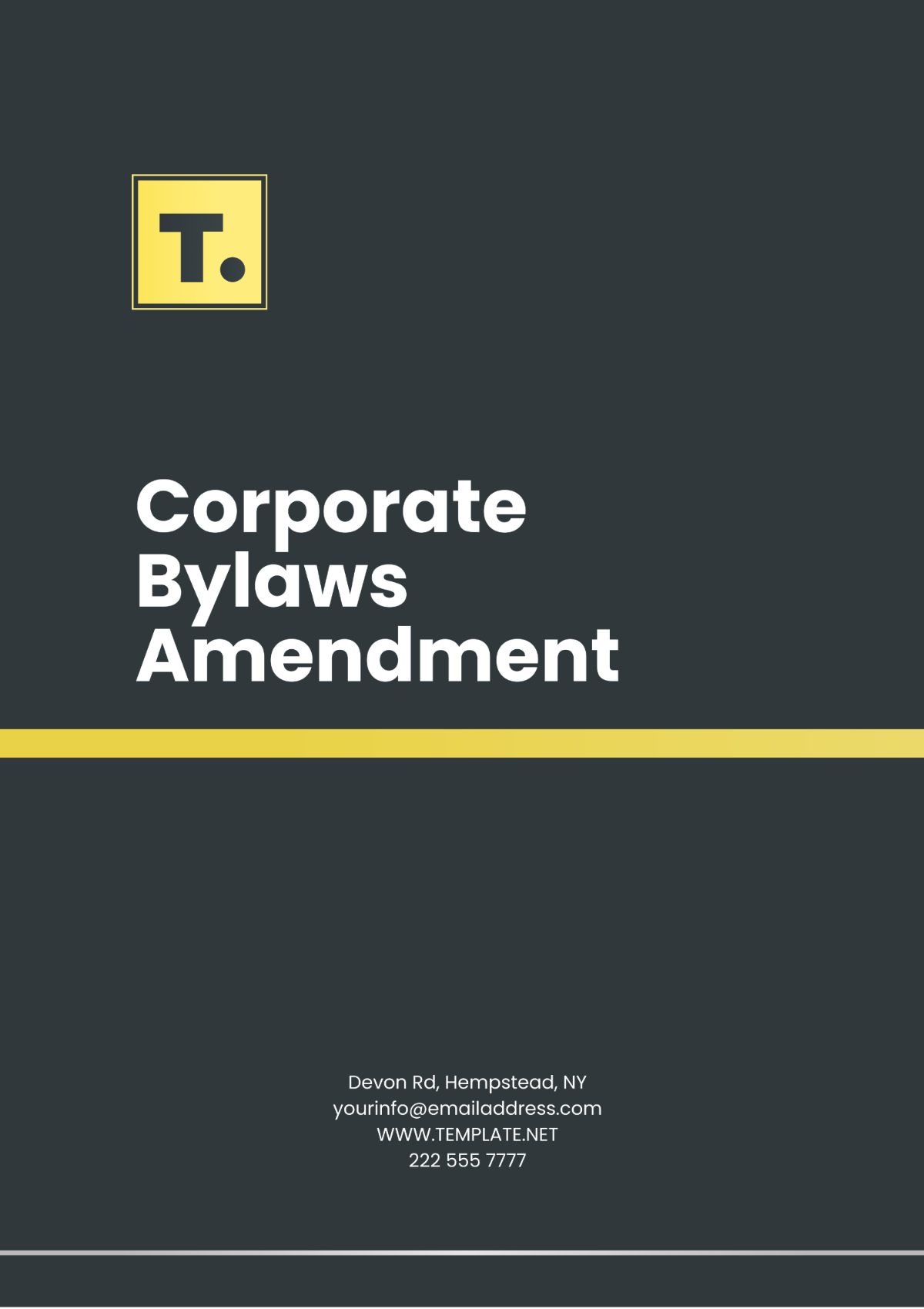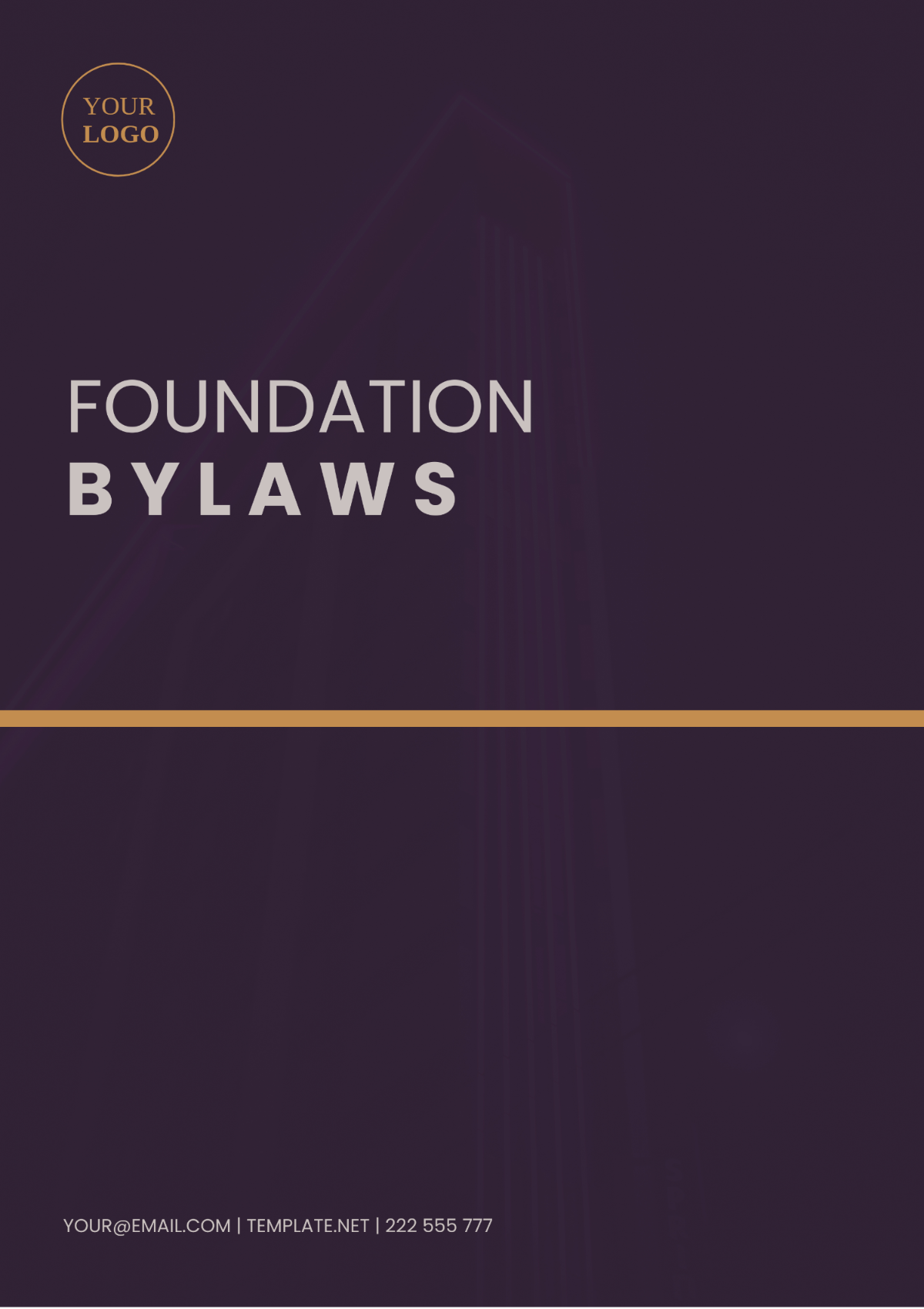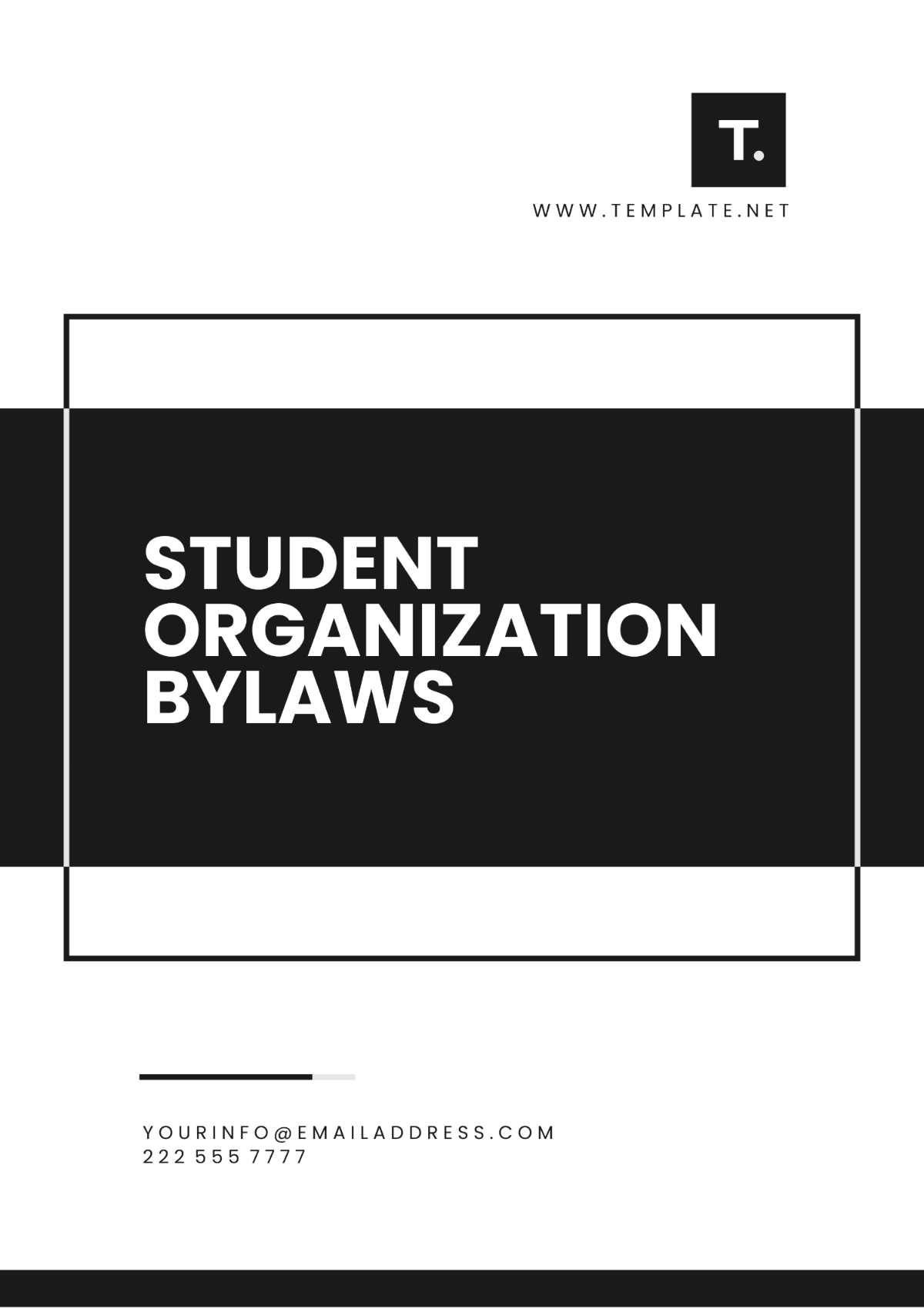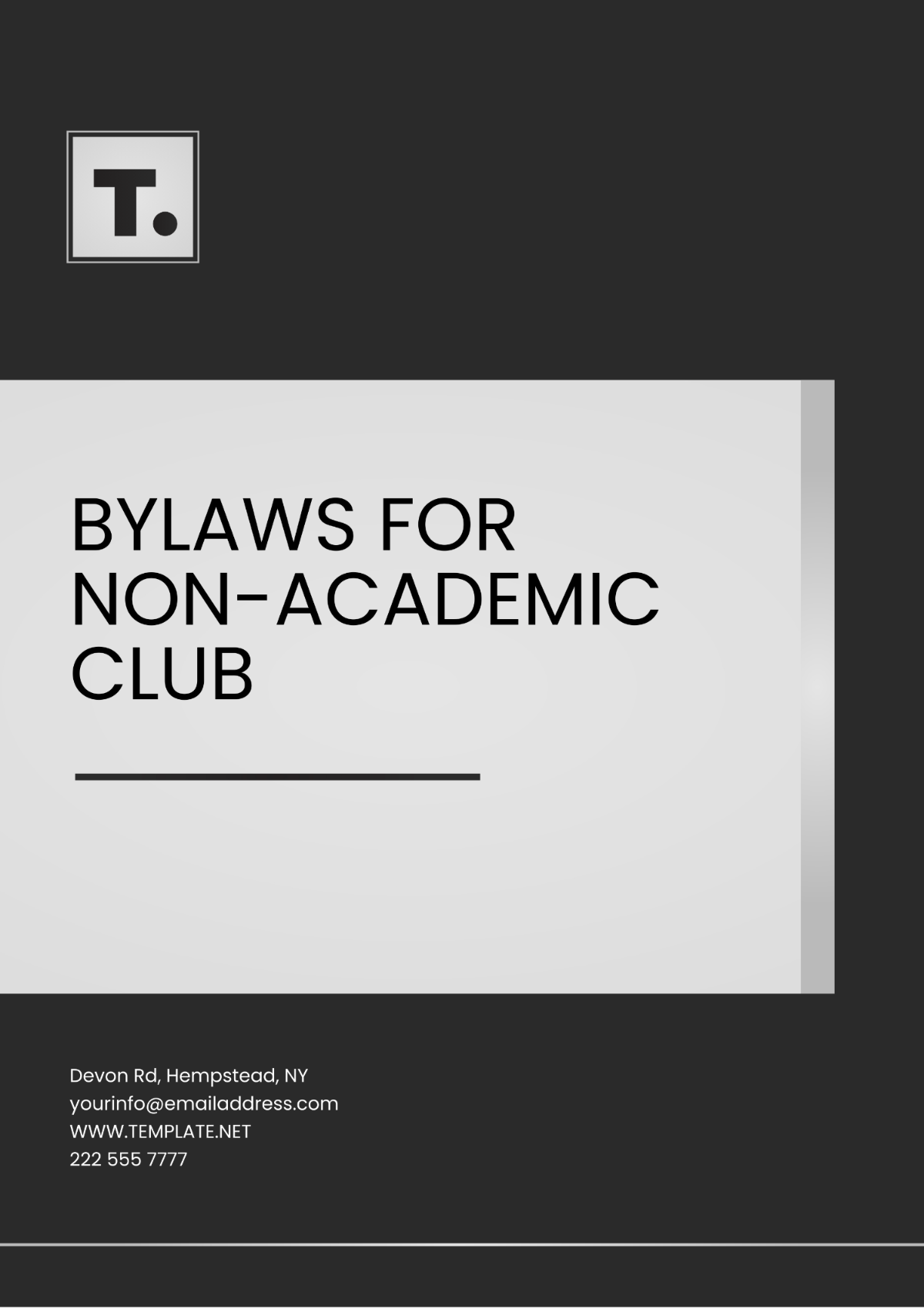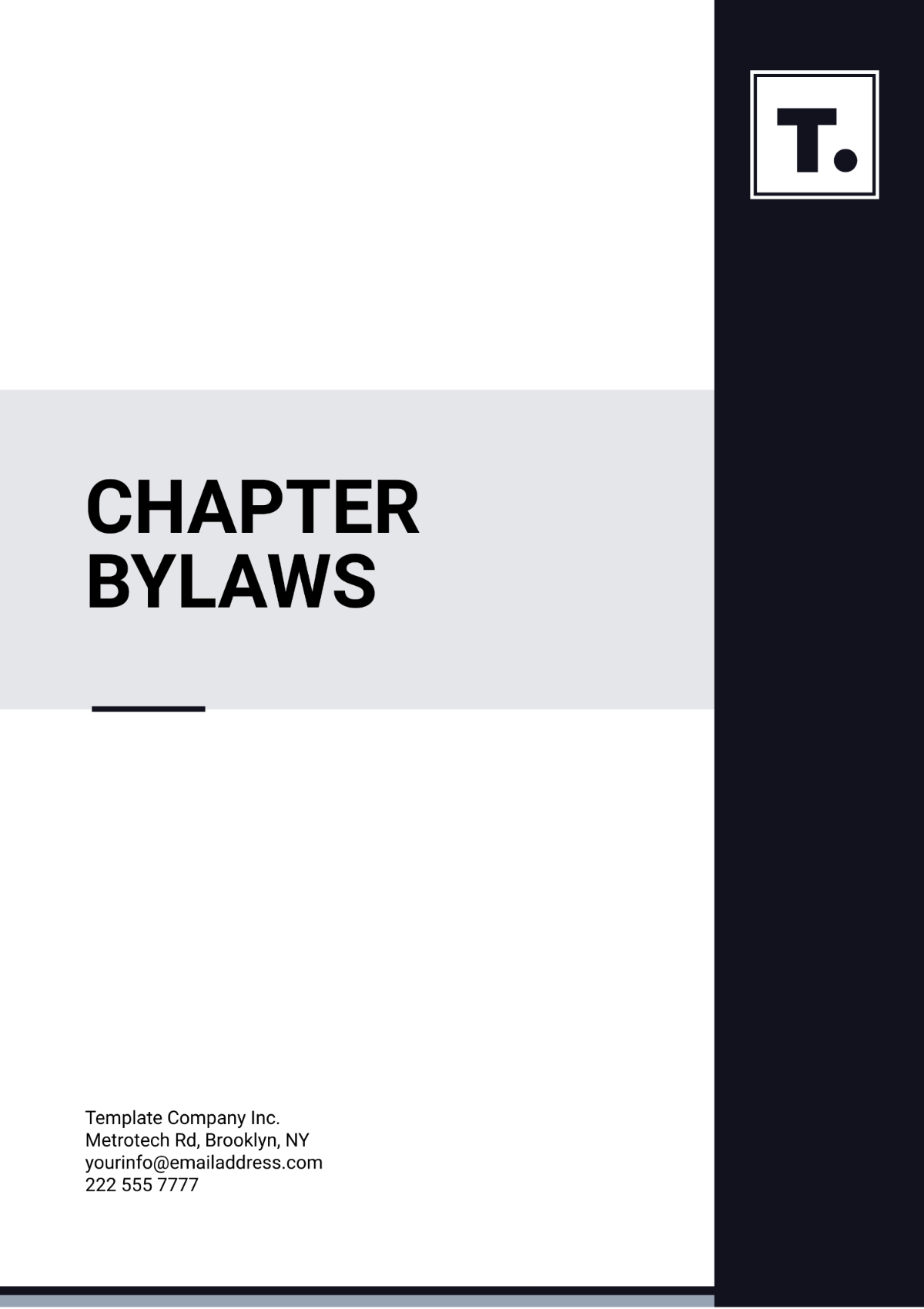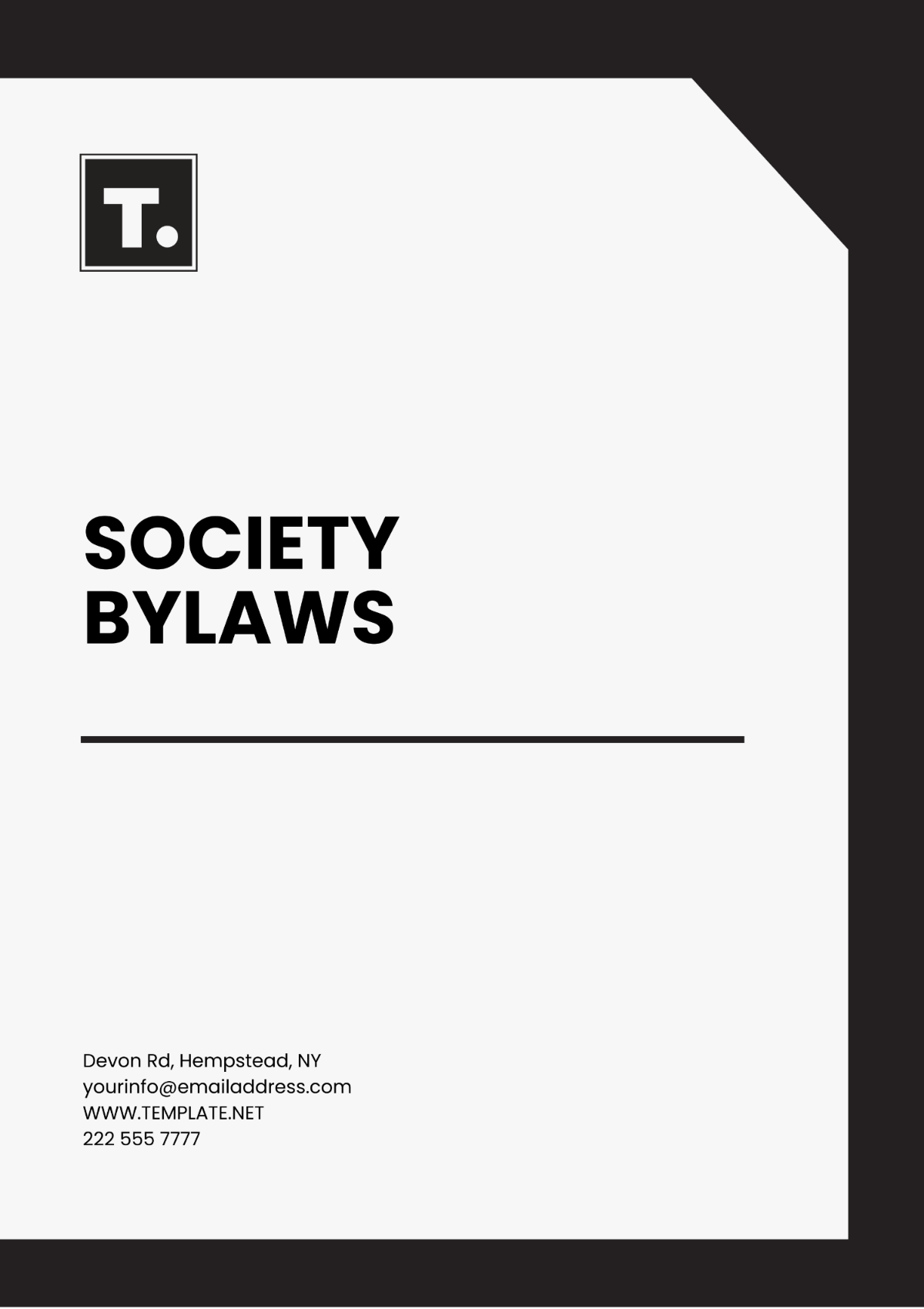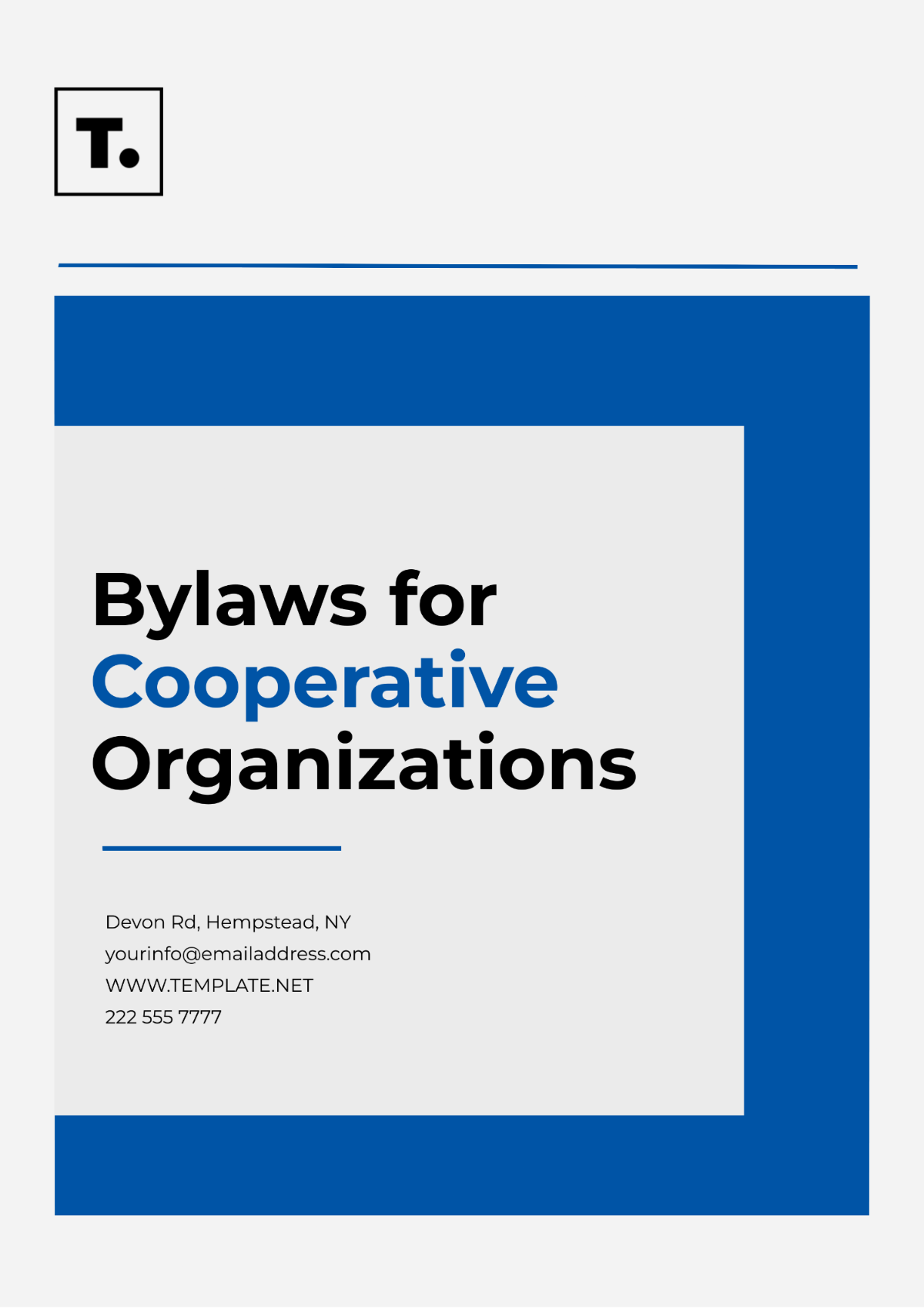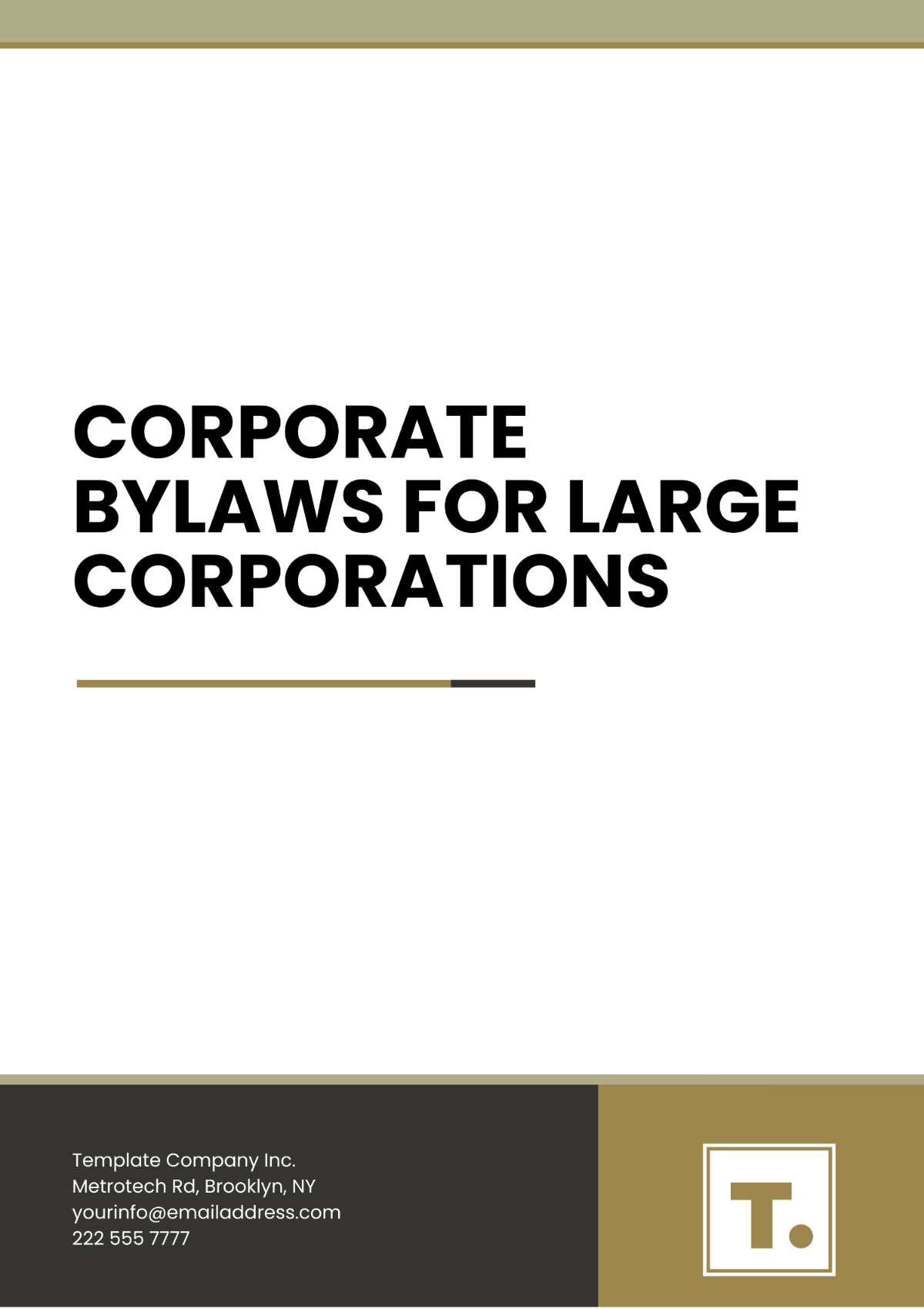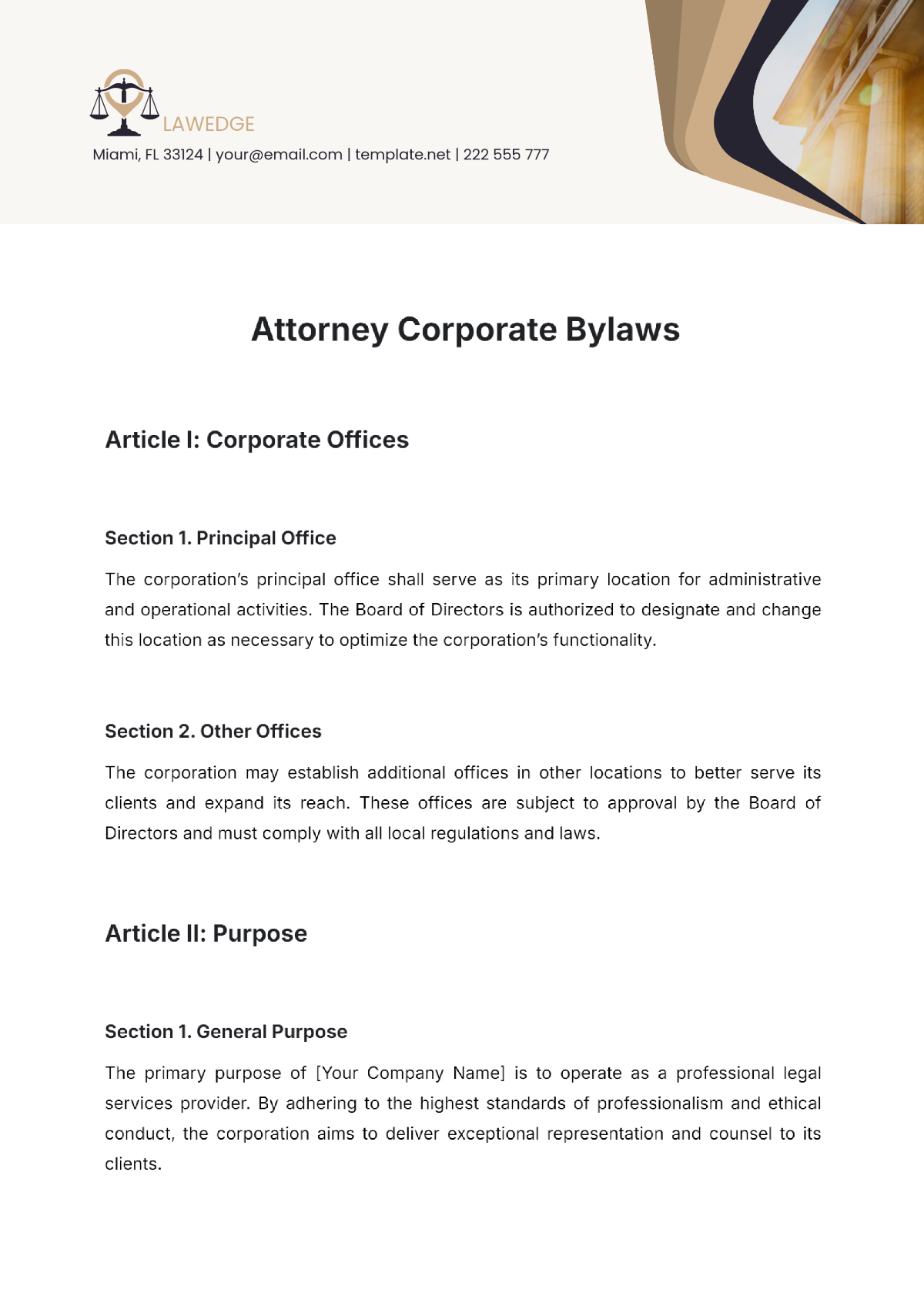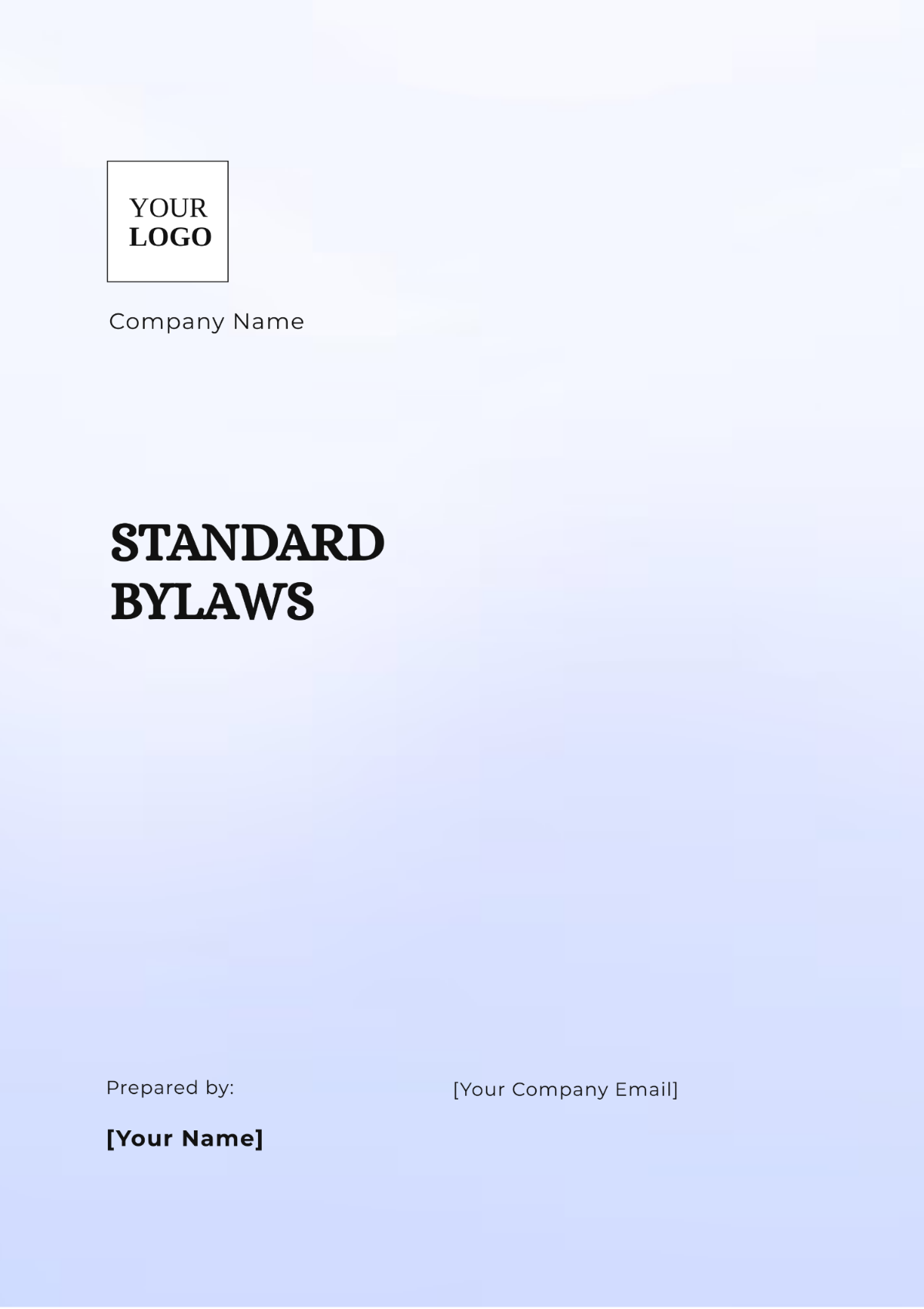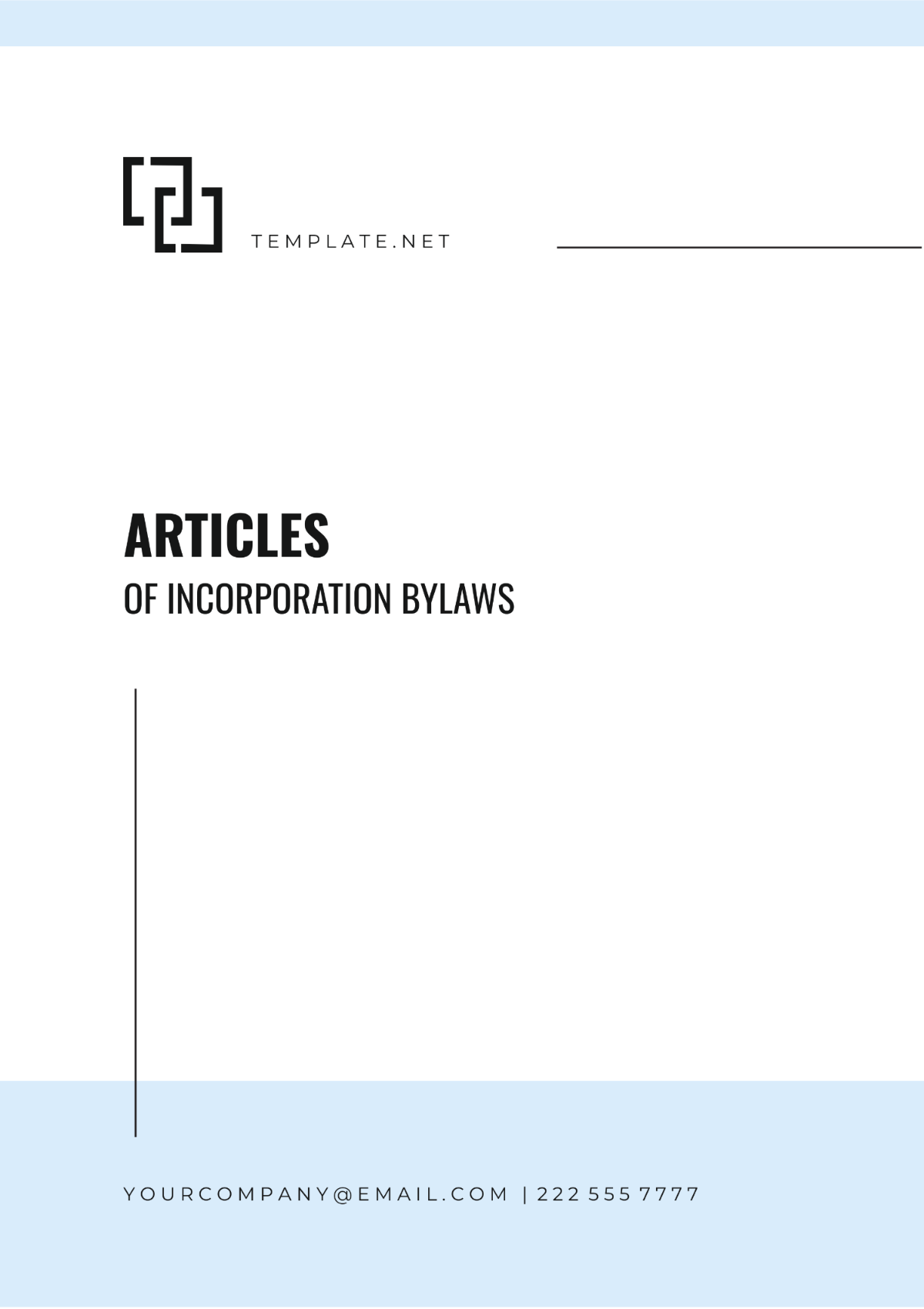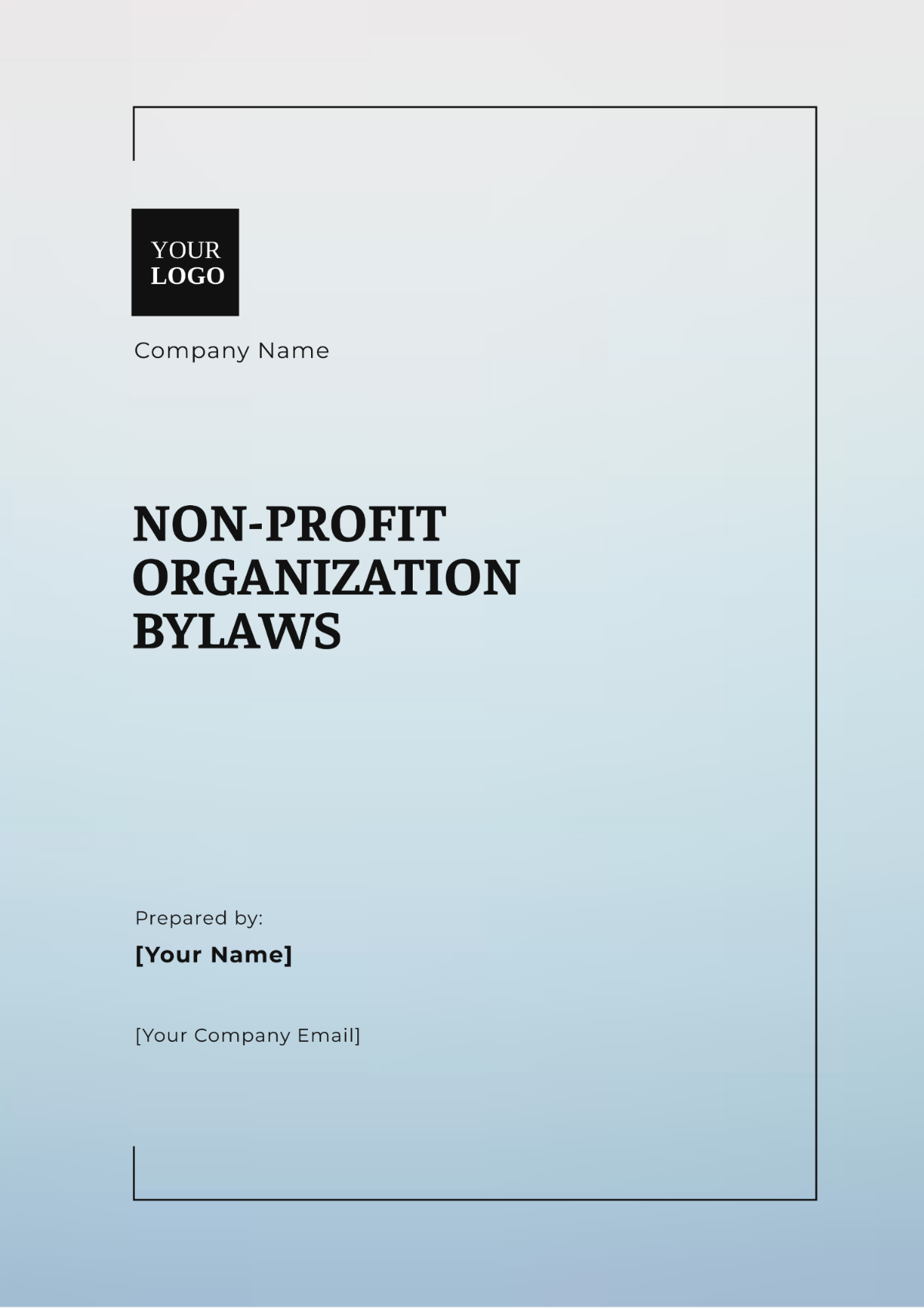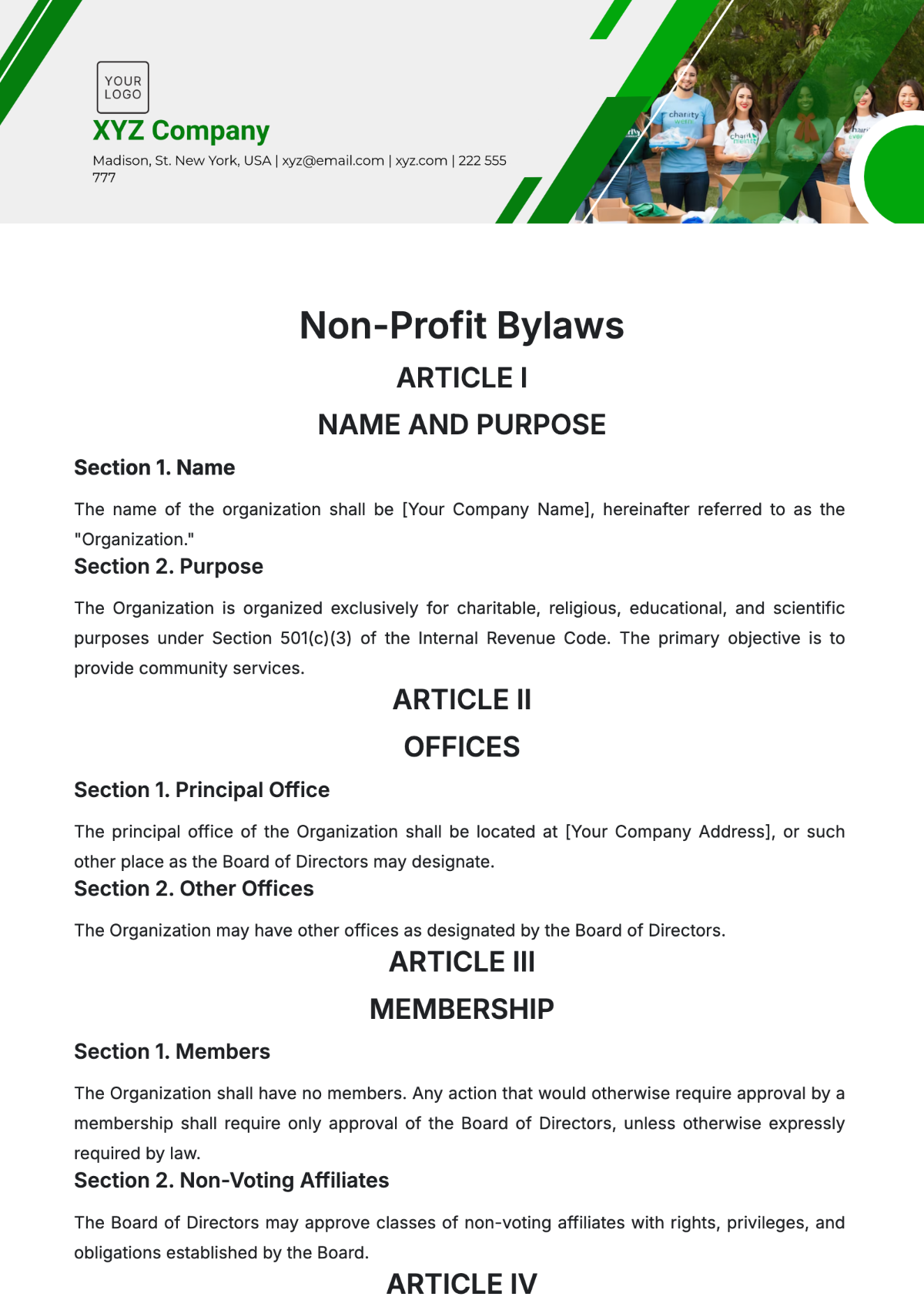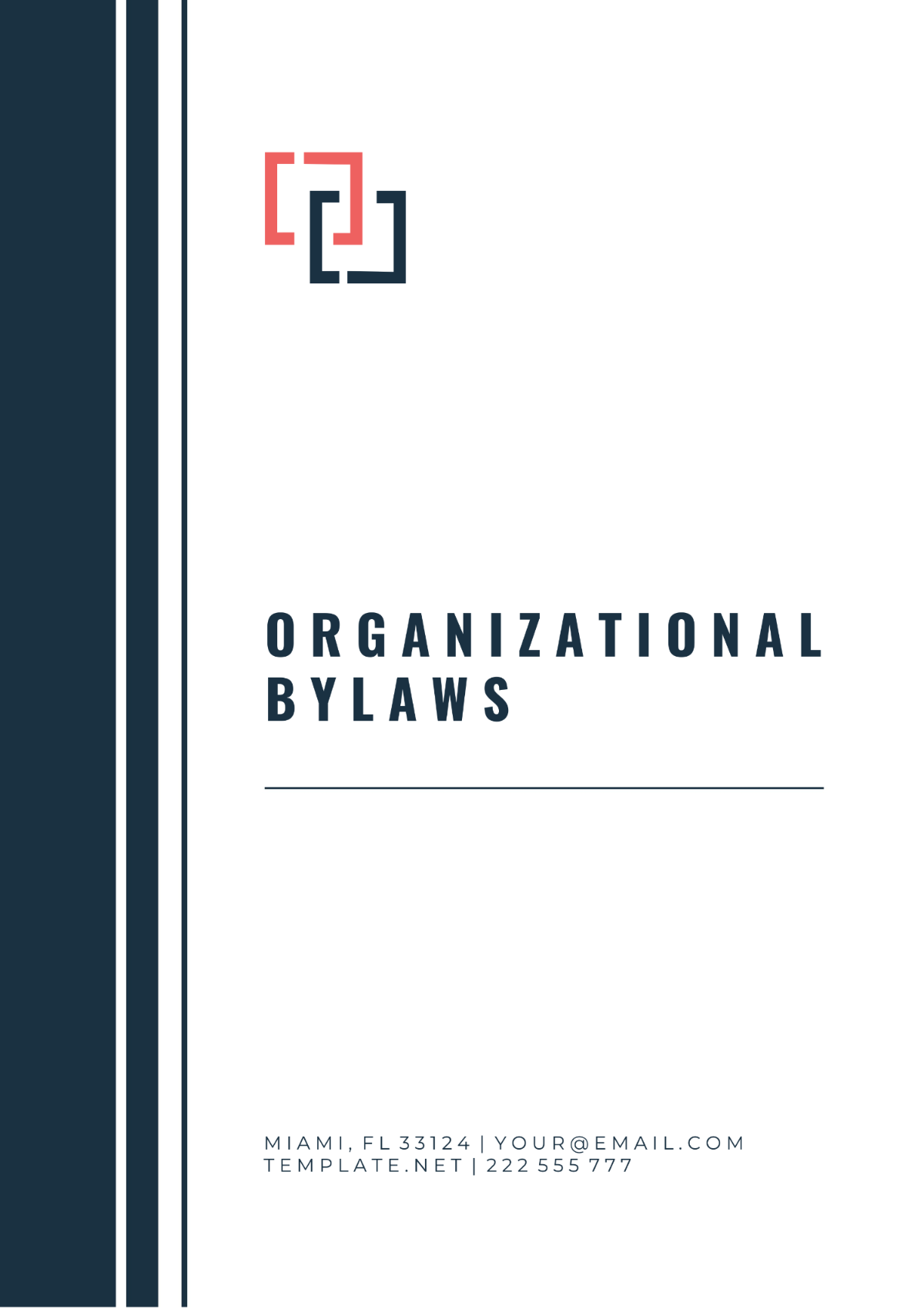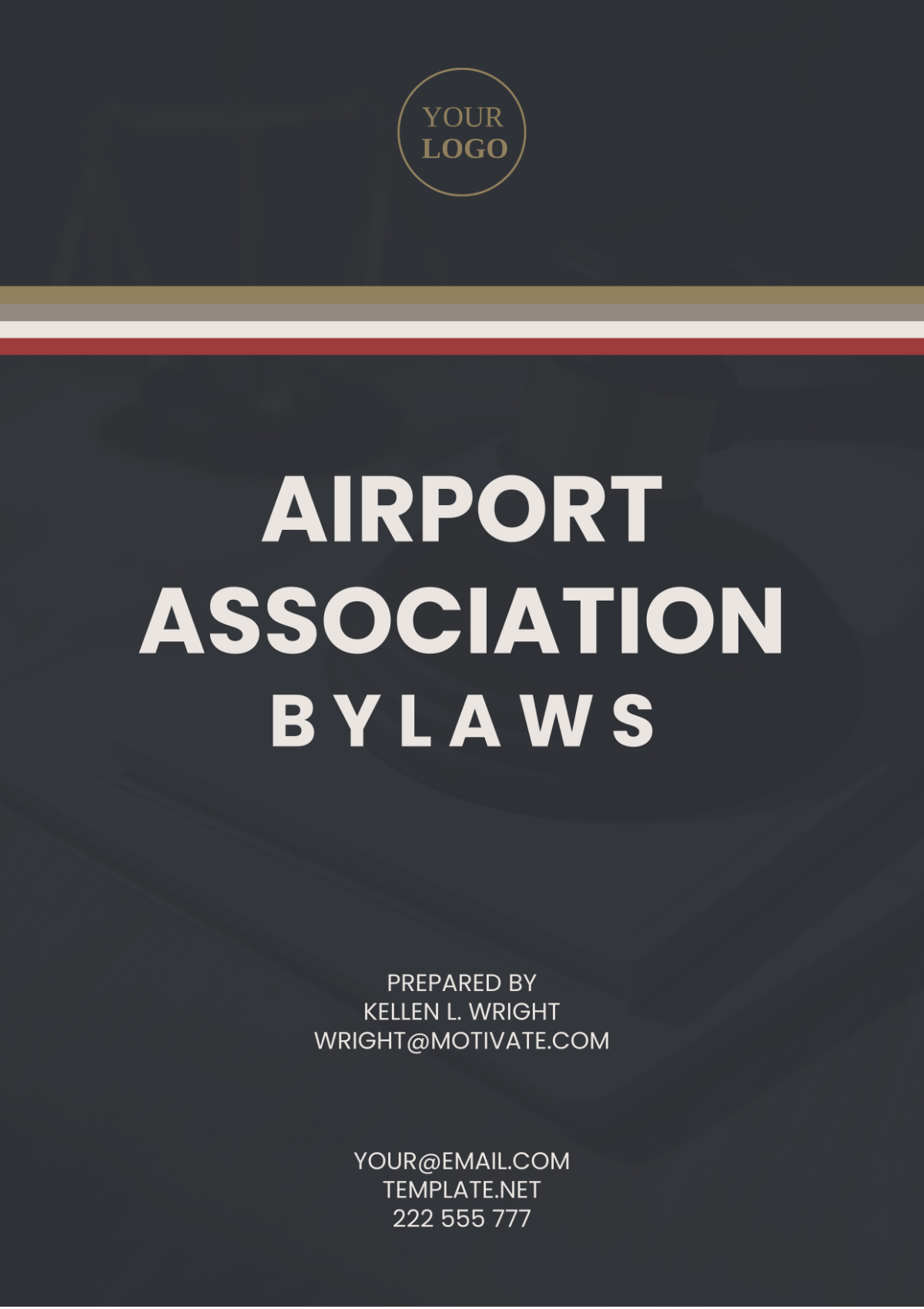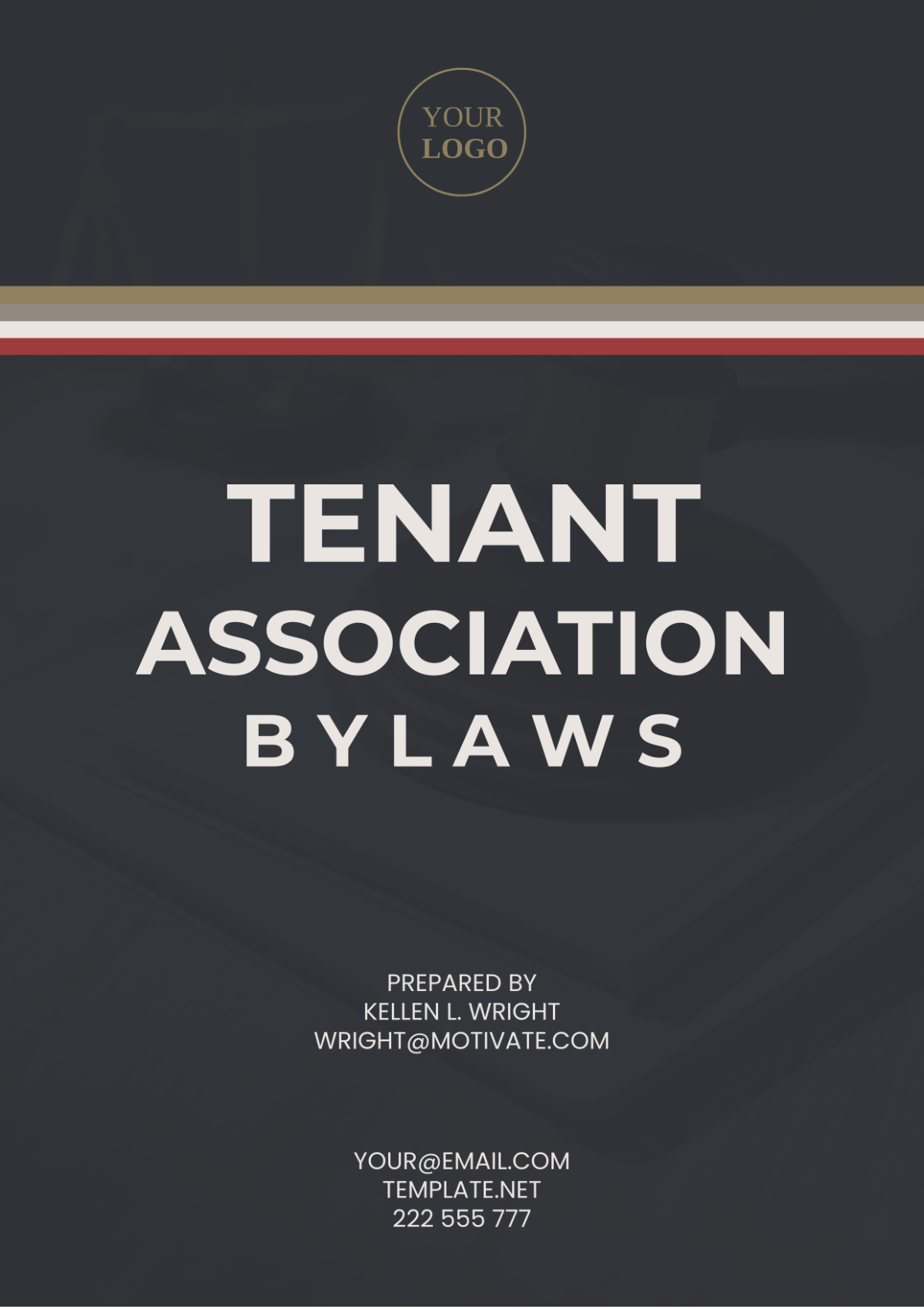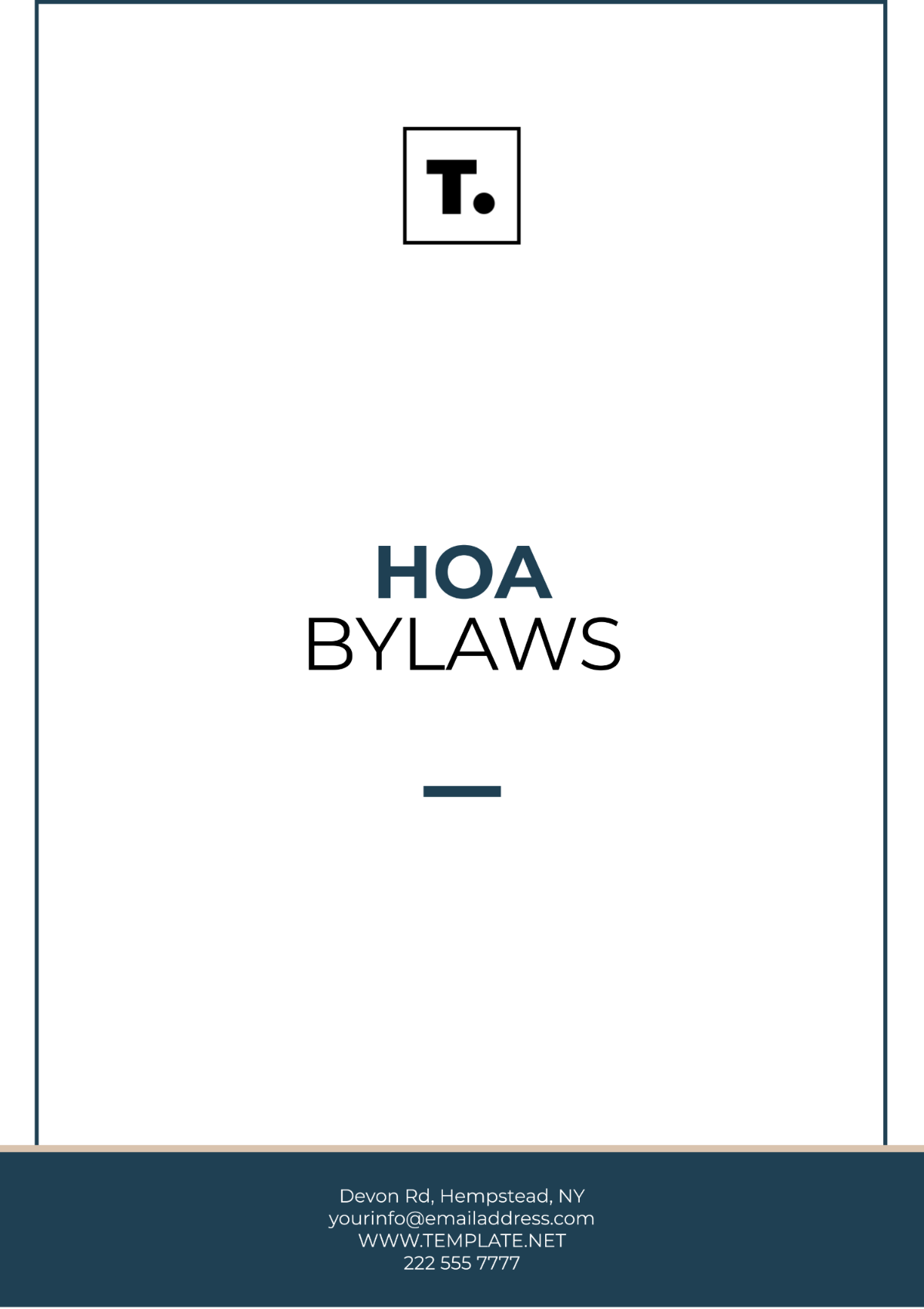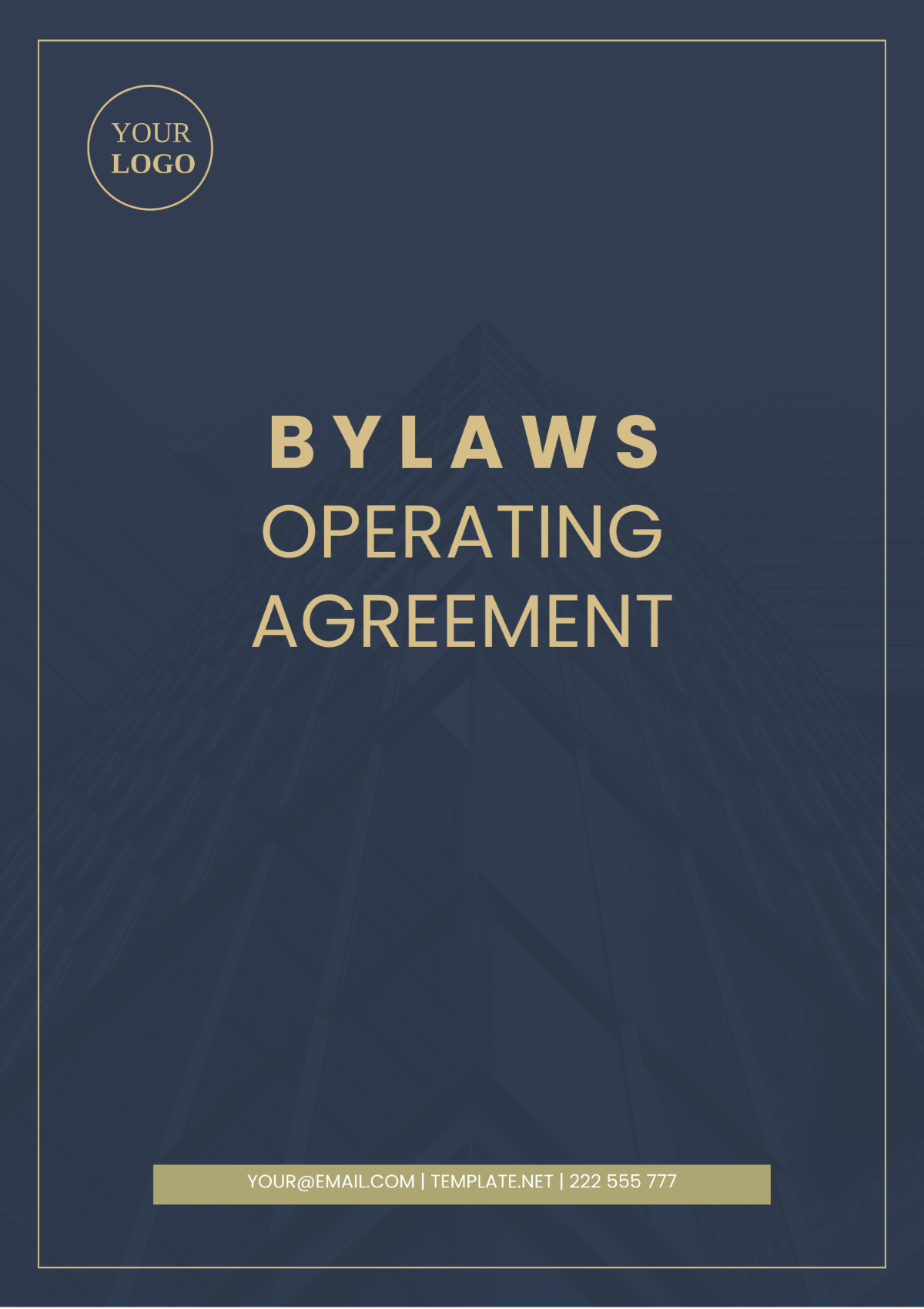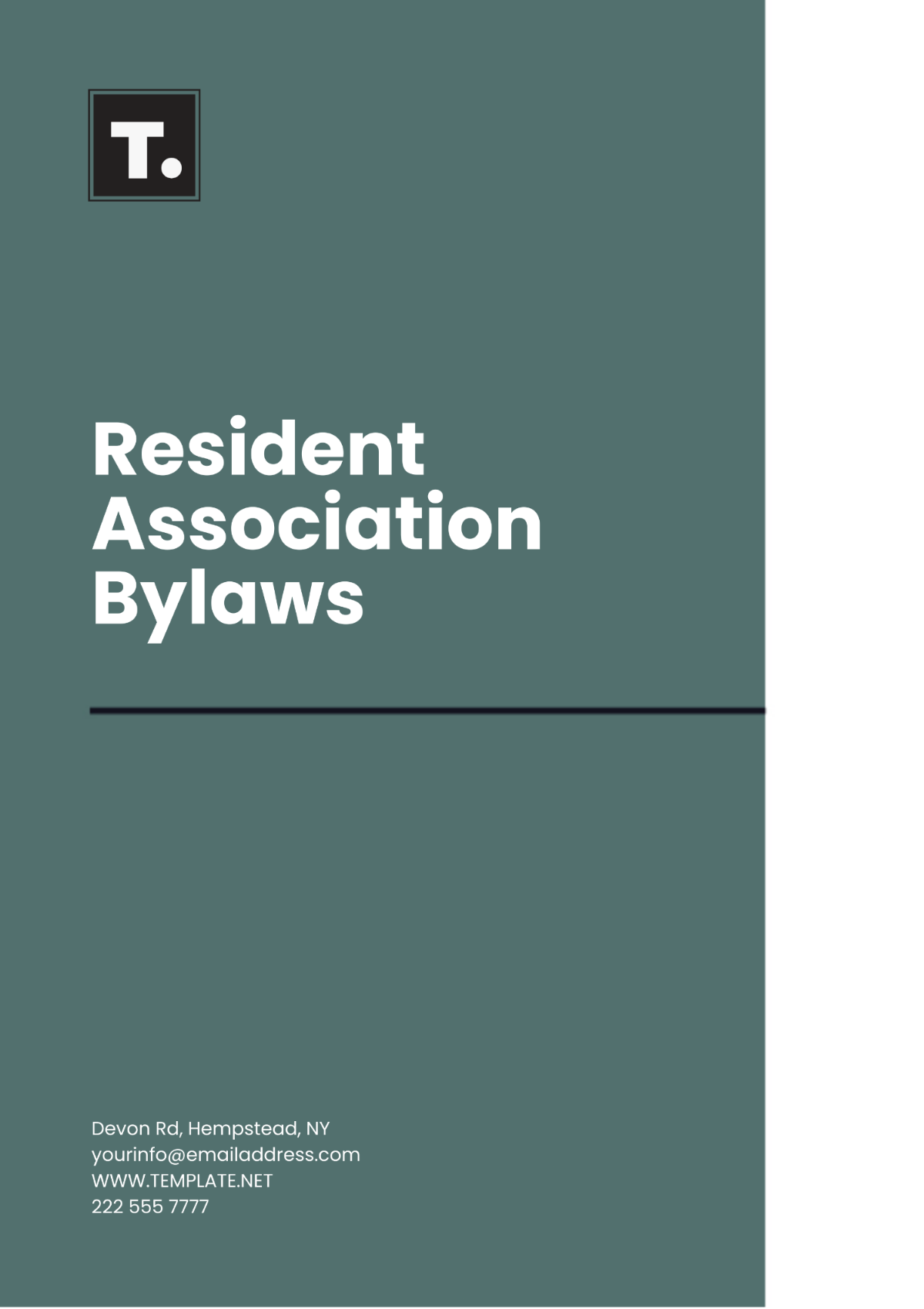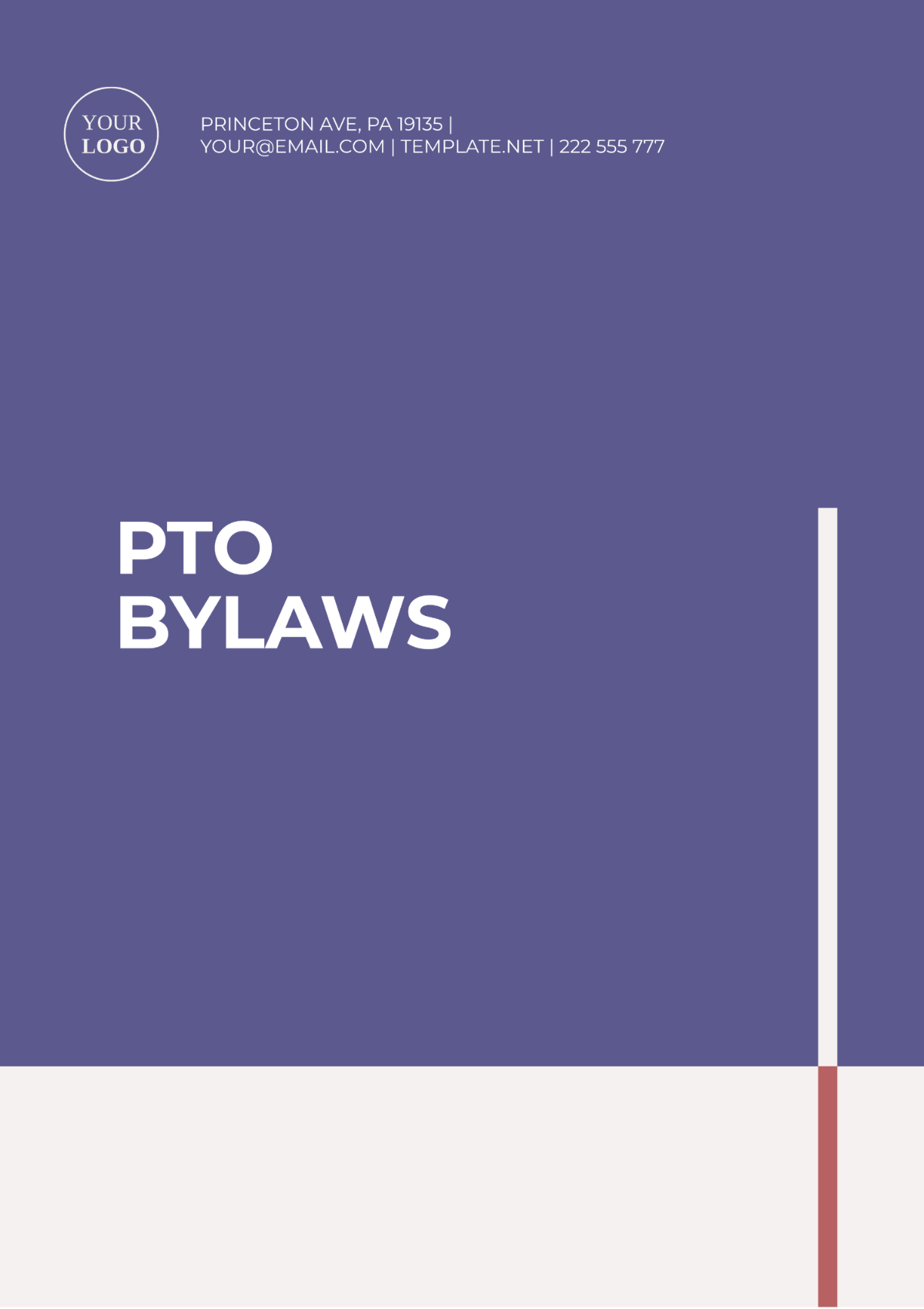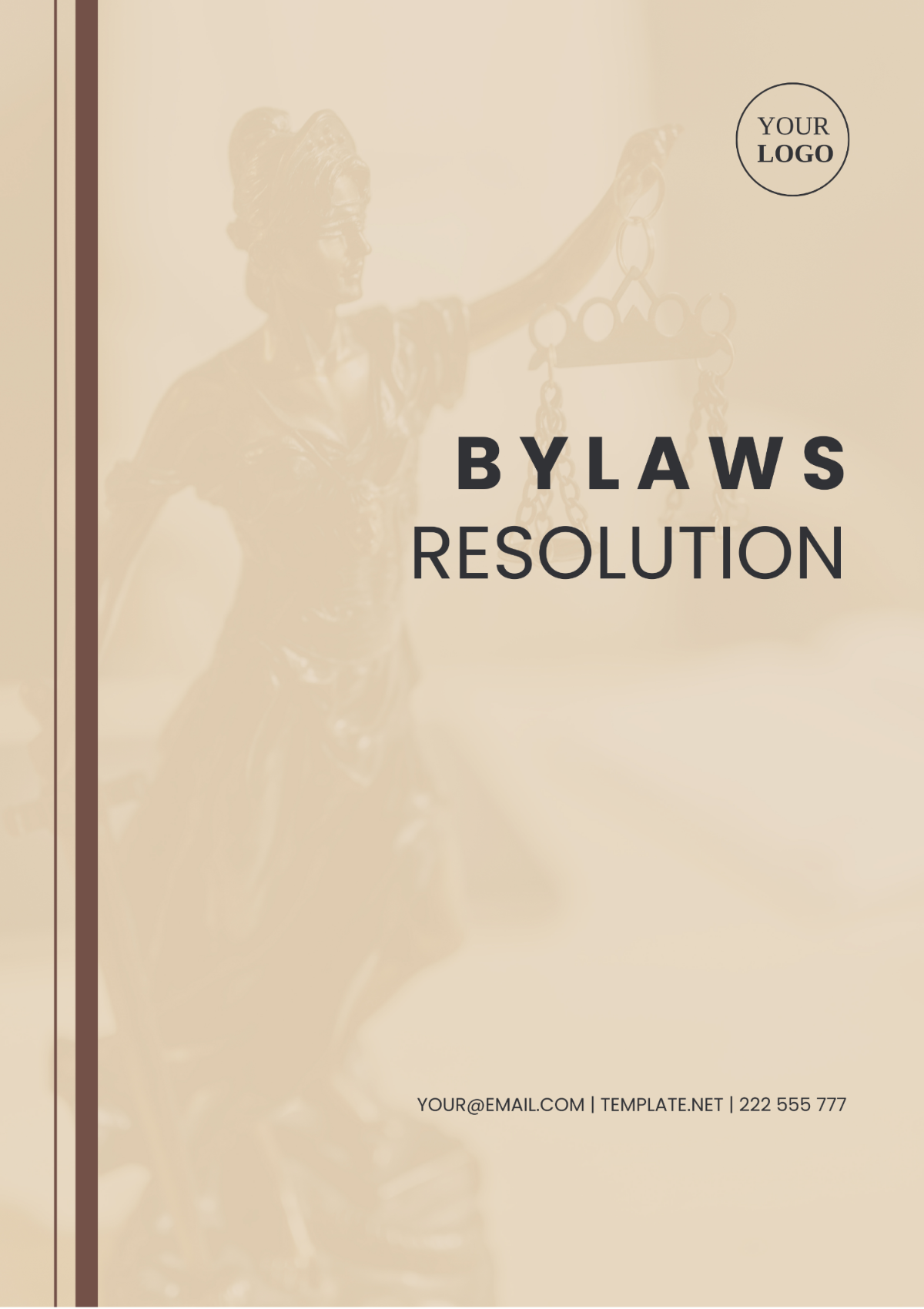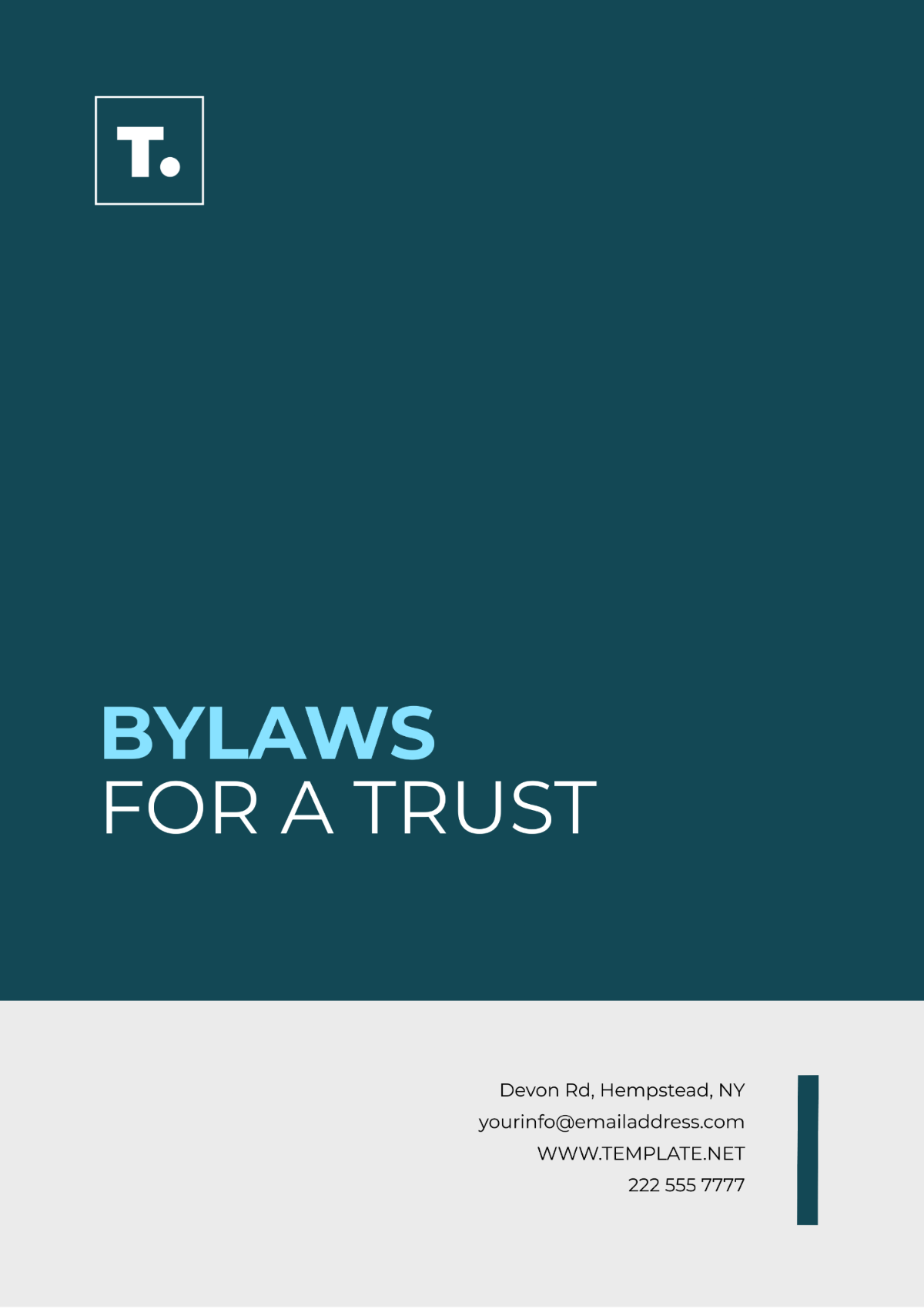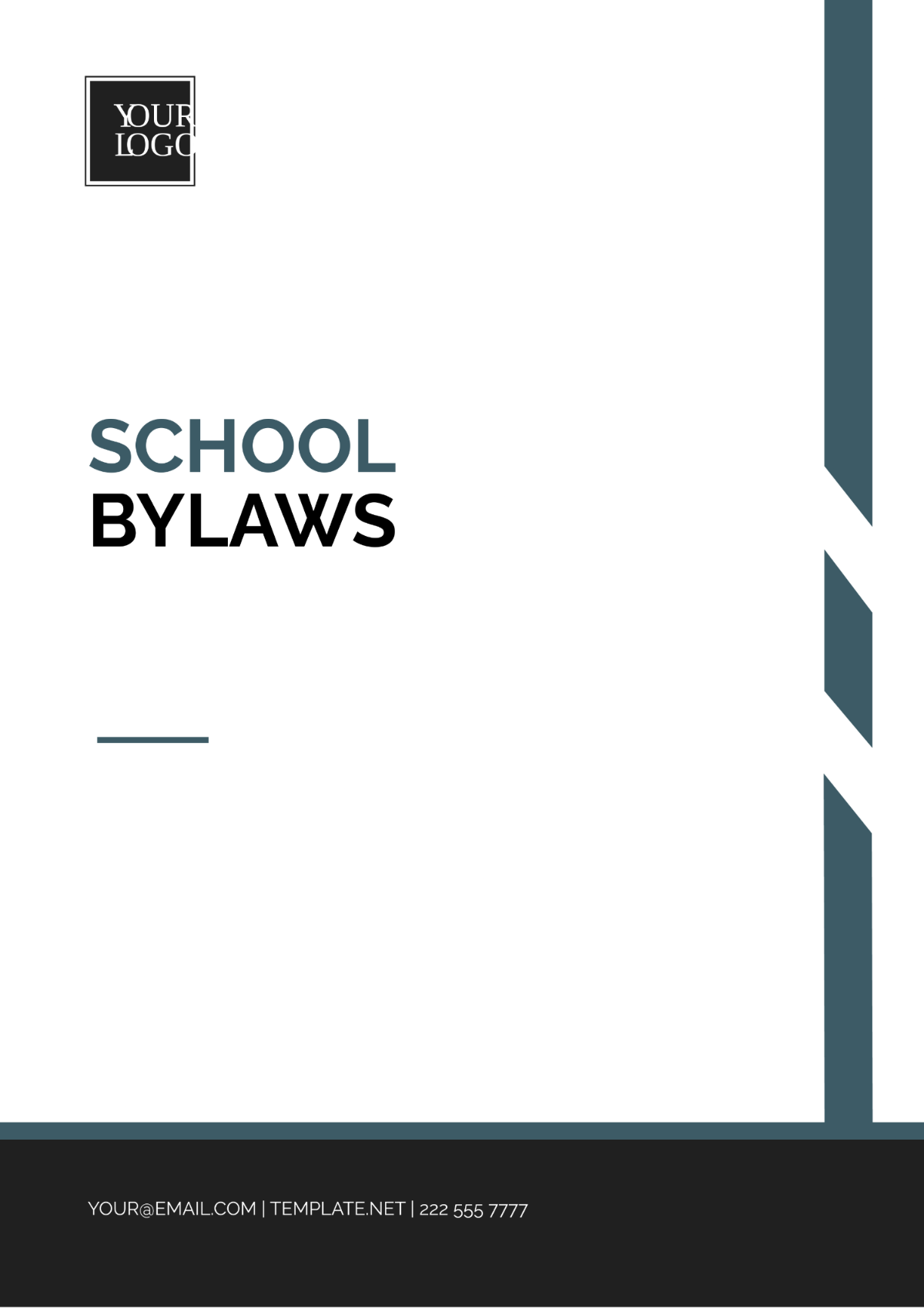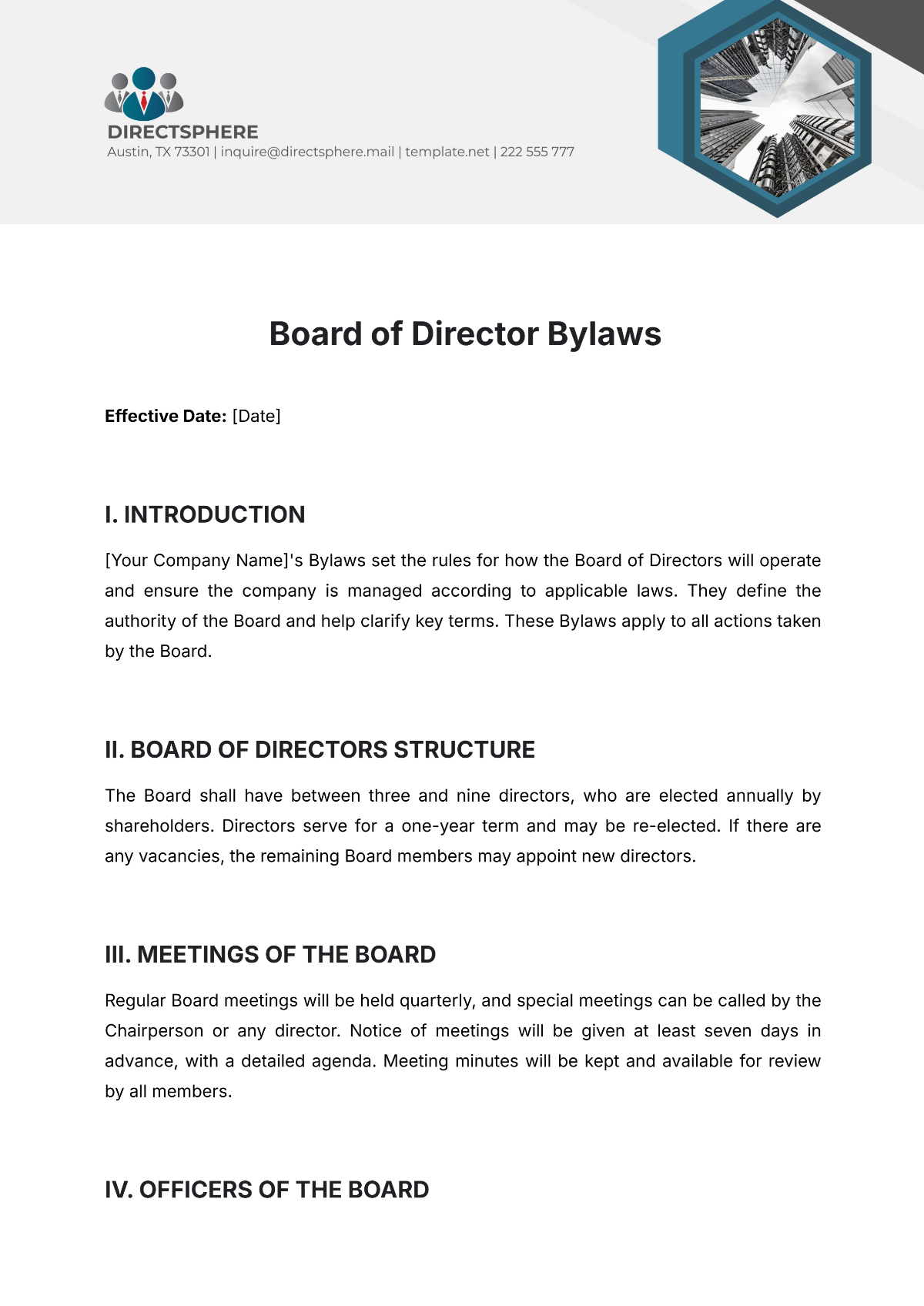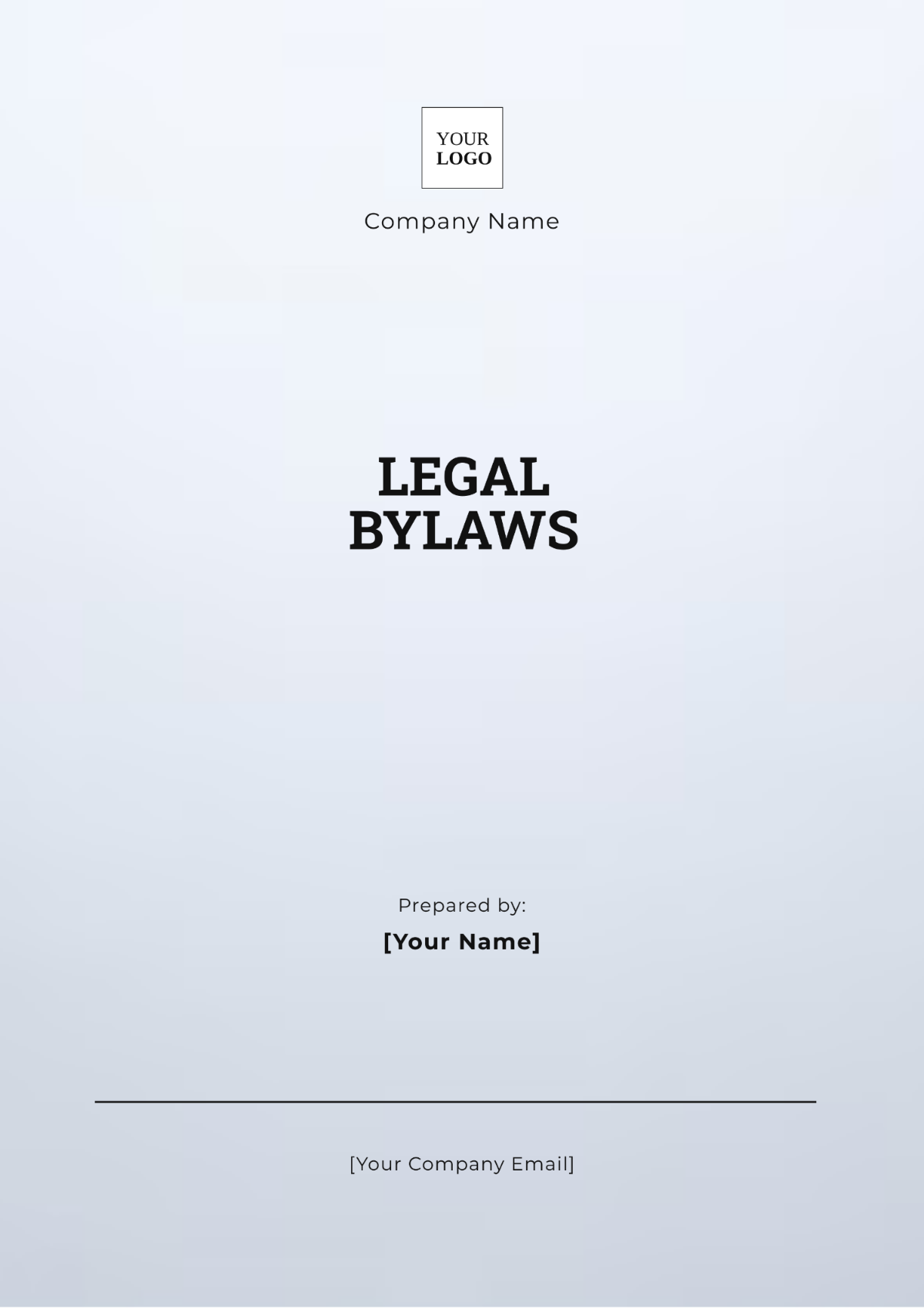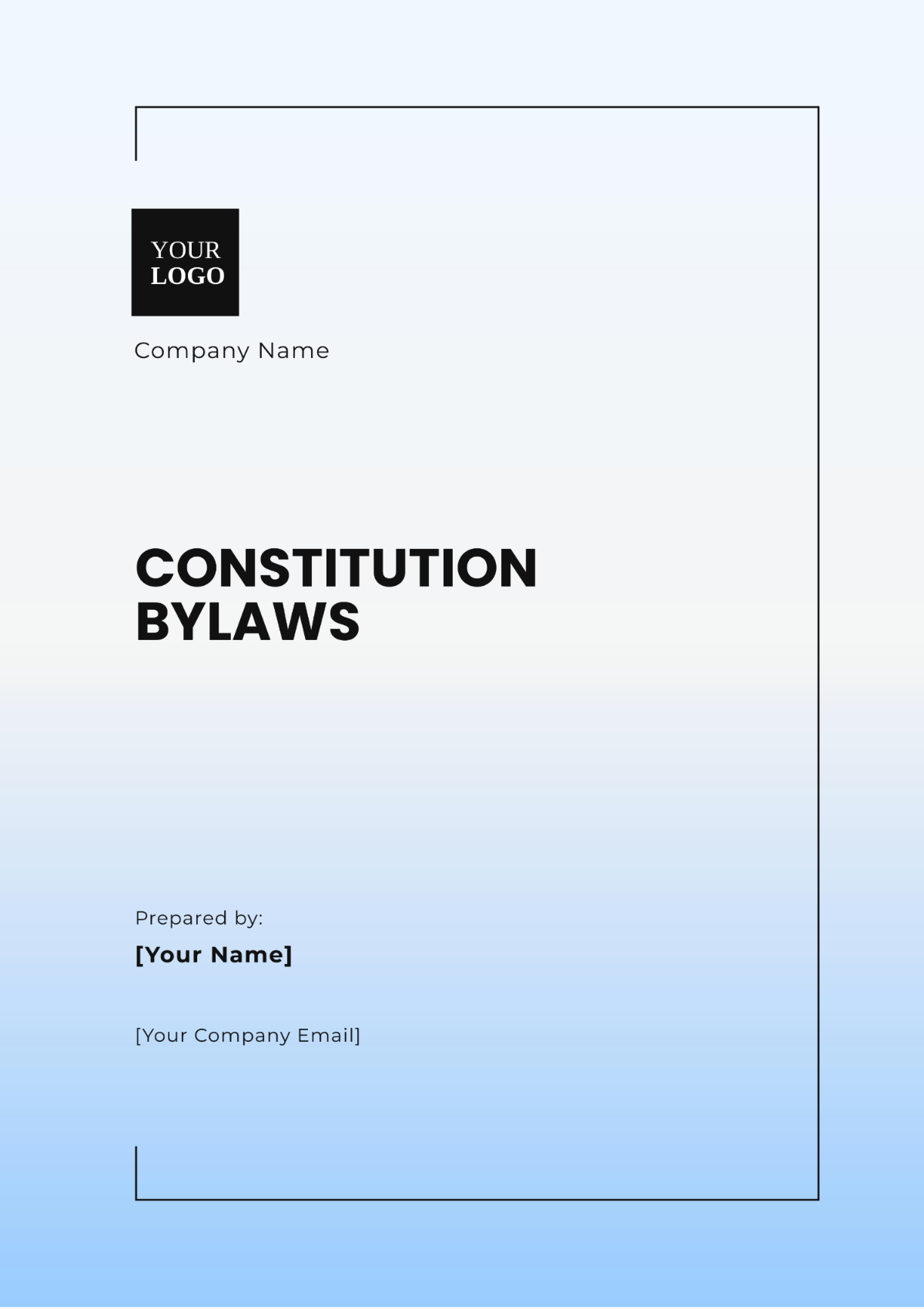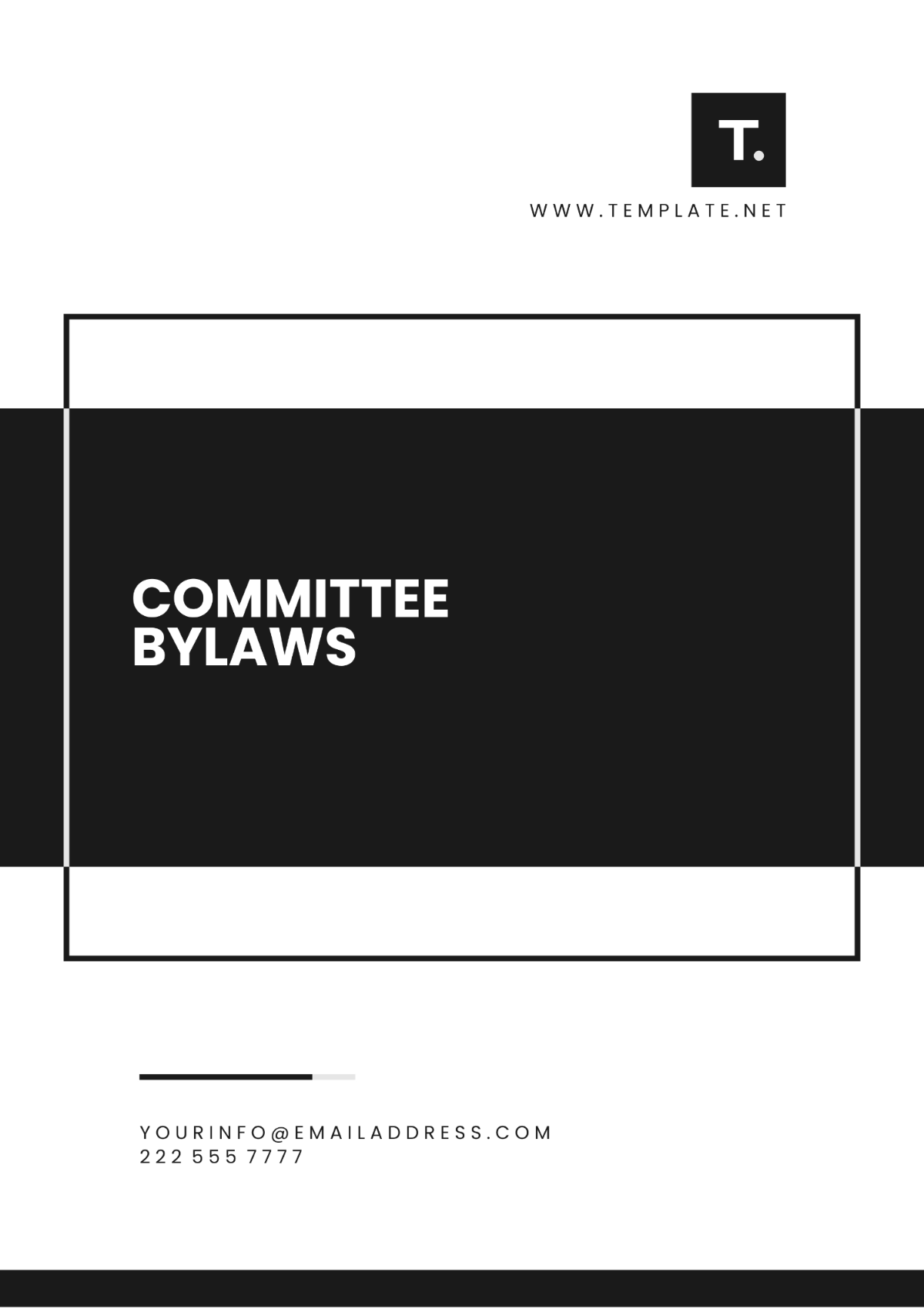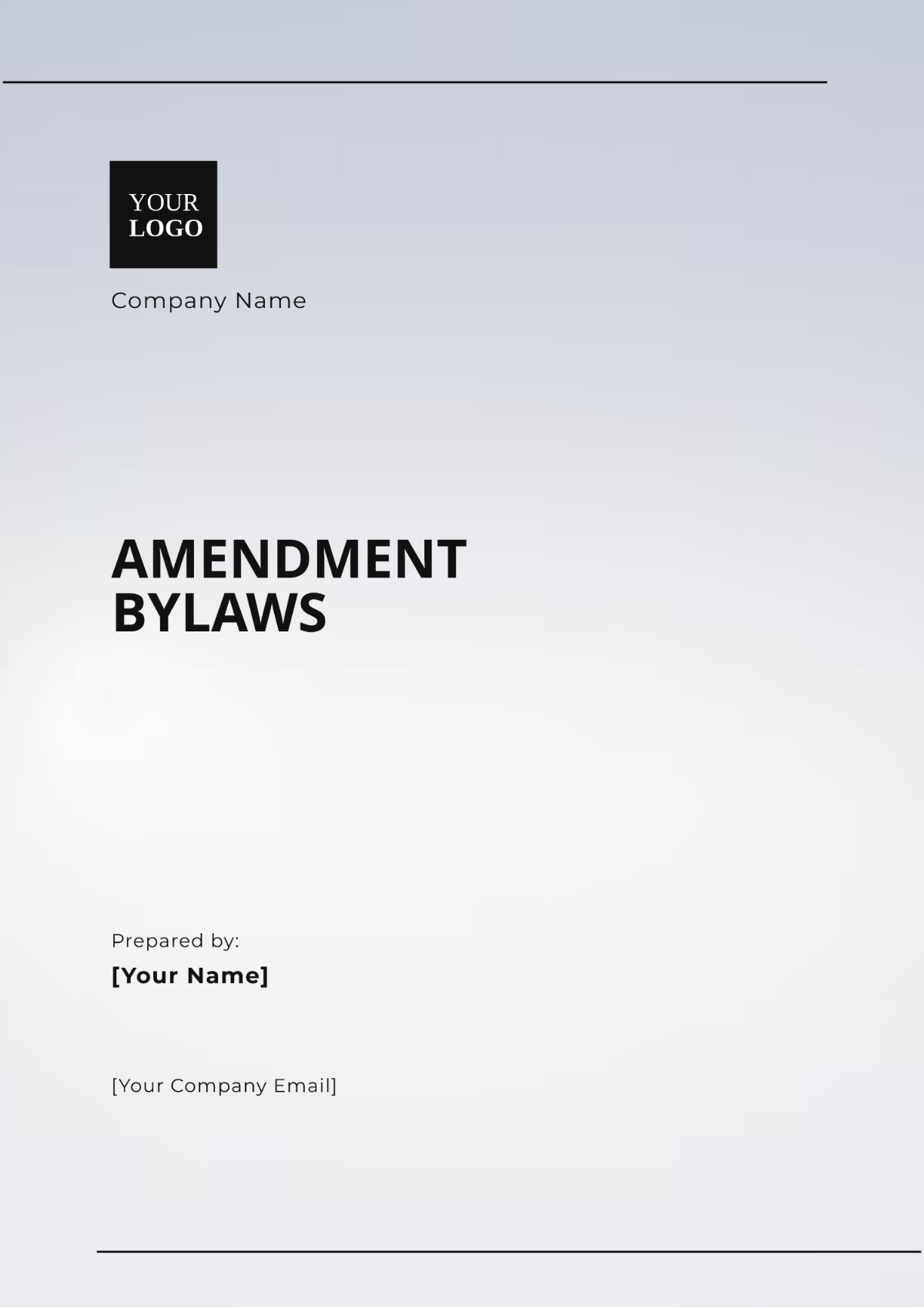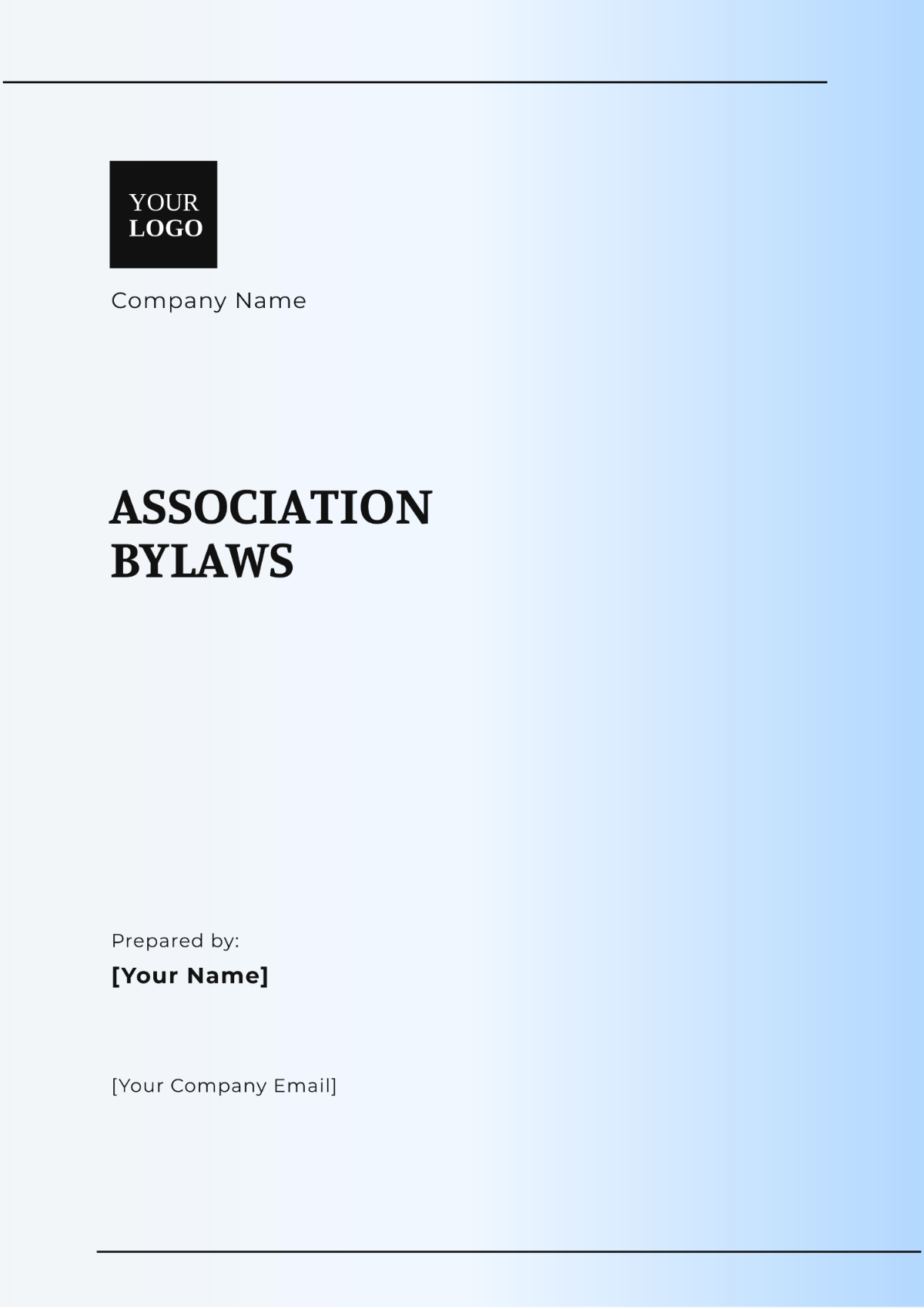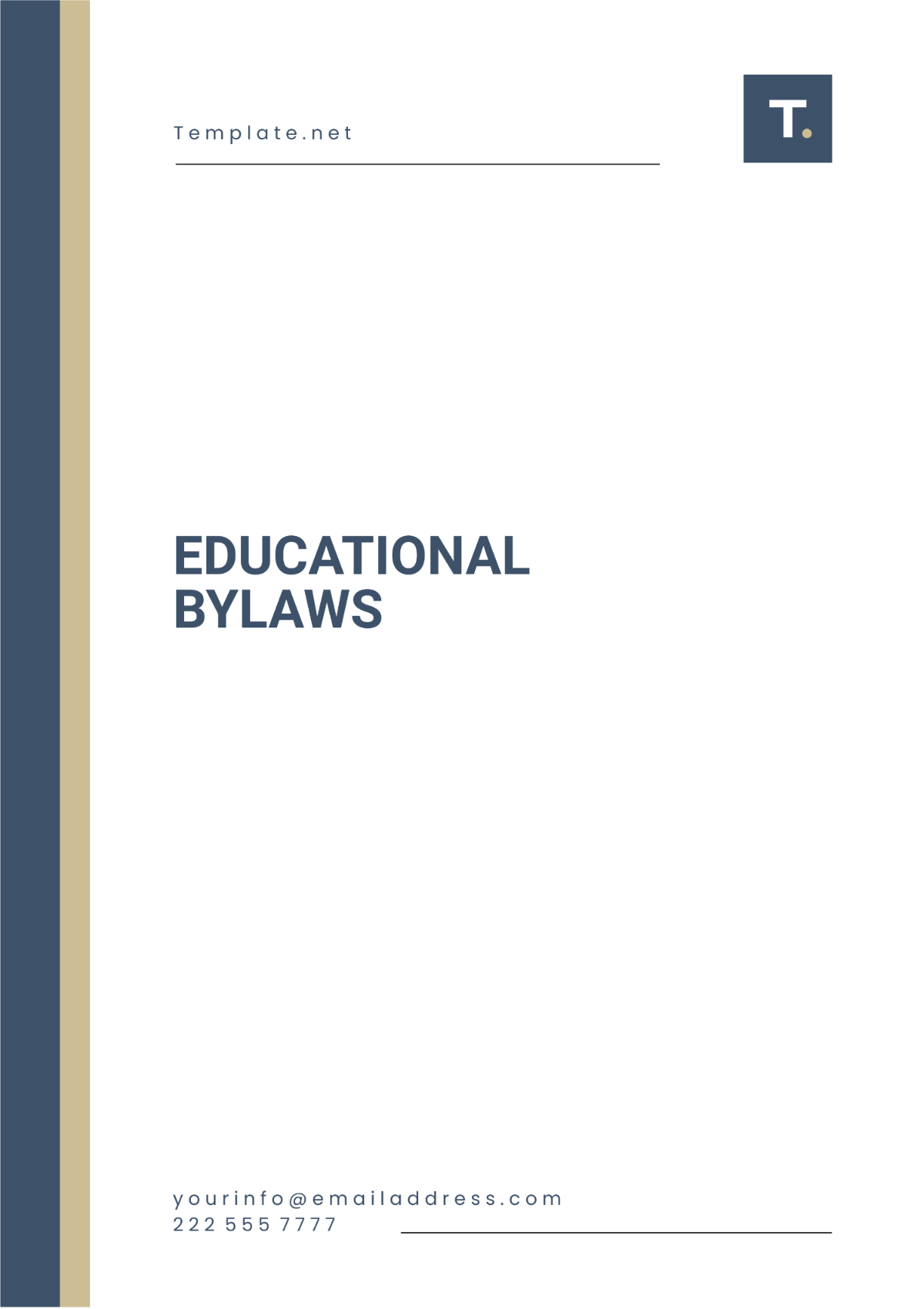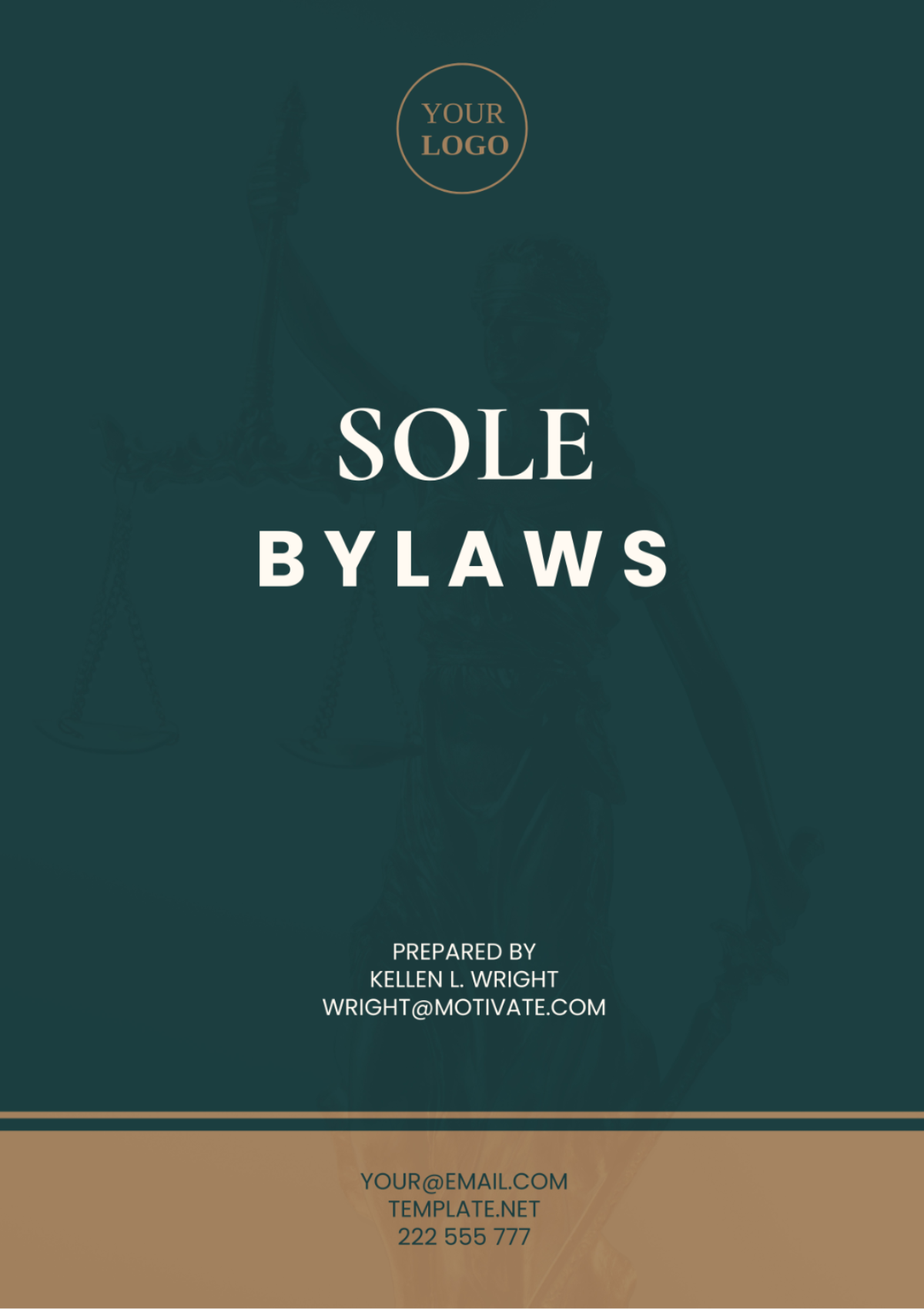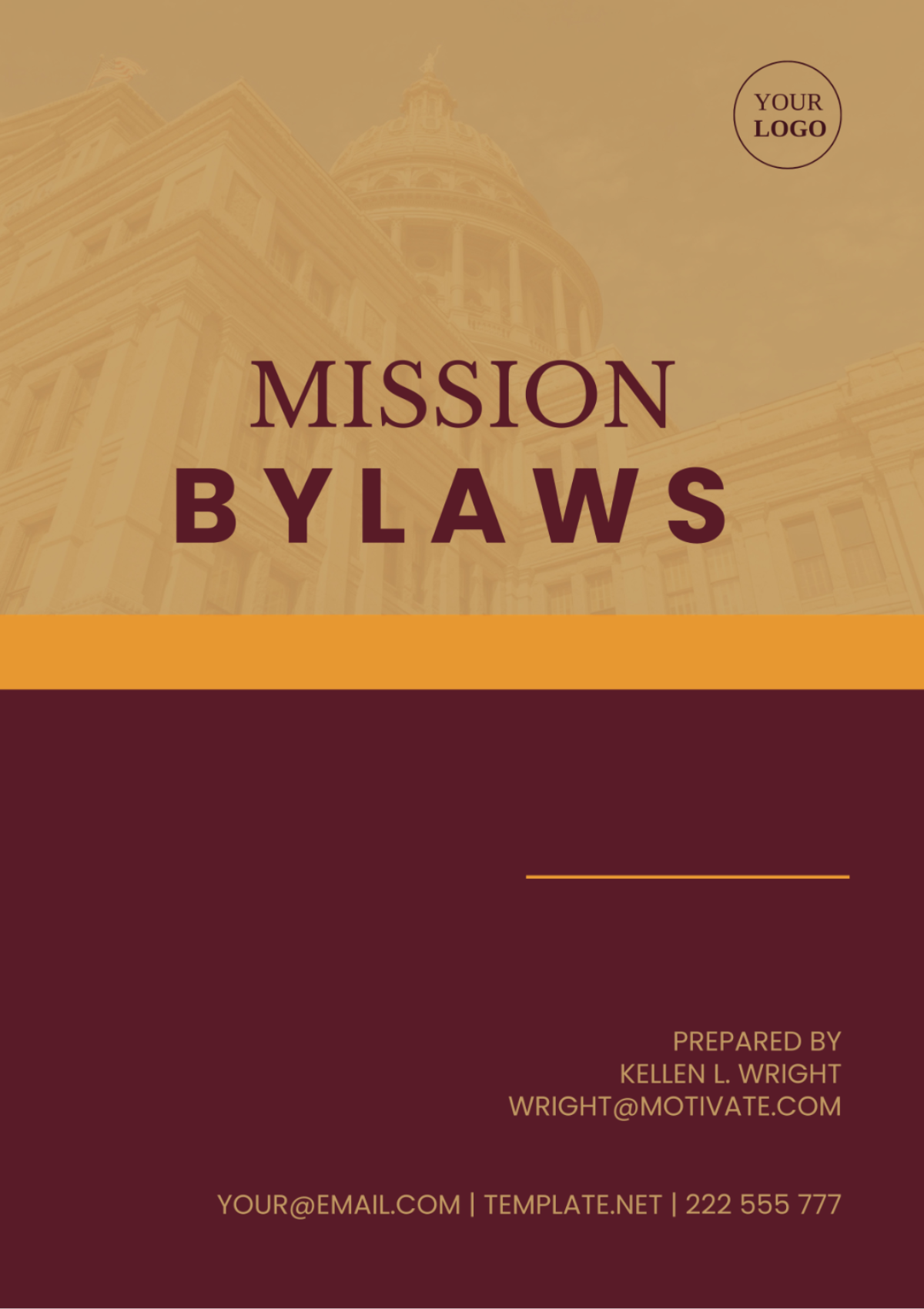NGO Bylaws
Article I: Name
Section 1.1: Official Name
The name this organization shall officially go by will be known as [YOUR COMPANY NAME]. From this point onward and throughout any other ensuing documents or mentions, this organization will consequently be referred to and addressed as the "NGO."
Article II: Purpose
Section 2.1. Purpose
The purpose of the Non-Governmental Organization (NGO) is to provide humanitarian aid and support to underserved communities worldwide. The NGO shall engage in activities that further this purpose, including but not limited to disaster relief efforts, healthcare provision, and educational initiatives.
Article III: Mission
Section 3.1. Mission Statement
The mission of the Non-Governmental Organization (NGO) is to alleviate suffering and promote human dignity through sustainable development and emergency response. The NGO shall strive to achieve this mission through partnerships with local organizations, community empowerment, and advocacy for human rights.
Article IV: Location
Section 4.1. Headquarters
The primary headquarters of the Non-Governmental Organization (NGO) will be strategically located at the address that corresponds to [YOUIR COMPANY ADDRESS].
Section 4.2. Additional Offices
The non-profit, non-governmental organization (NGO) maintains the authority to set up supplementary office spaces or geographical locations, but only if the Board of Directors perceives this extra establishment to be critical and necessary.
Article V: Membership
Section 5.1. Types of Membership
Full Membership: Individuals who meet the criteria set forth by the organization are eligible for full membership.
Associate Membership: Individuals who wish to support the NGO but do not meet the criteria for full membership may apply for associate membership.
Section 5.2. Rights and Responsibilities of Members
Full members shall have the right to vote in elections and hold office within the organization.
Associate members shall have the right to attend meetings and participate in discussions but may not vote or hold office.
All members are responsible for upholding the values and mission of the NGO, as well as fulfilling any obligations outlined in the membership agreement.
Article VI: Board of Directors
Section 6.1. Composition
The composition of the Board of Directors will include [Number] members.
Board members shall serve a term of [Number] years.
Section 6.2. Powers and Duties
The Board of Directors shall be responsible for setting the strategic direction of the NGO, overseeing its financial management, and ensuring compliance with legal and ethical standards.
The Board shall have the power to appoint executive leadership, approve annual budgets, and make decisions regarding major organizational initiatives.
Article VII: Committees
Section 7.1. Establishment
The Board of Directors may establish committees as deemed necessary, such as a Finance Committee, Governance Committee, or Program Committee.
Each committee shall be chaired by a Board member.
Section 7.2. Powers and Duties
Committees shall have the power to review and make recommendations on specific issues within their purview, conduct research, and provide guidance to the Board of Directors.
Committees shall be responsible for reporting their findings and recommendations to the Board and implementing approved initiatives.
Article VIII: Amendments
The bylaws that govern this organization may be adjusted or modified by securing a voting percentage of [Insert Percentage] from the members. However, for the said amendment to be considered valid, it must occur in a meeting that has been called correctly and lawfully. Therefore, only those members who are physically present in this duly convened meeting can have a valid vote concerning amending these bylaws.
